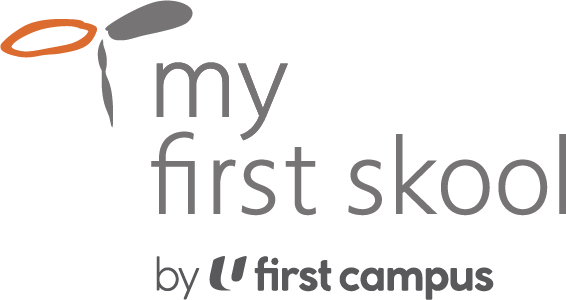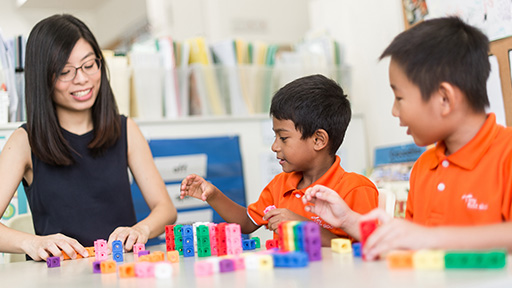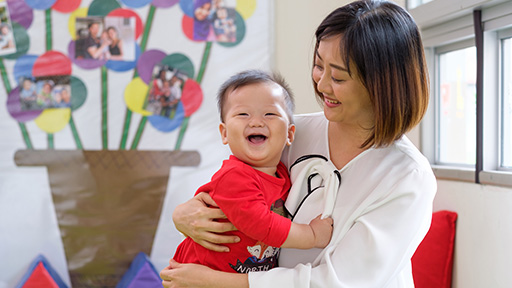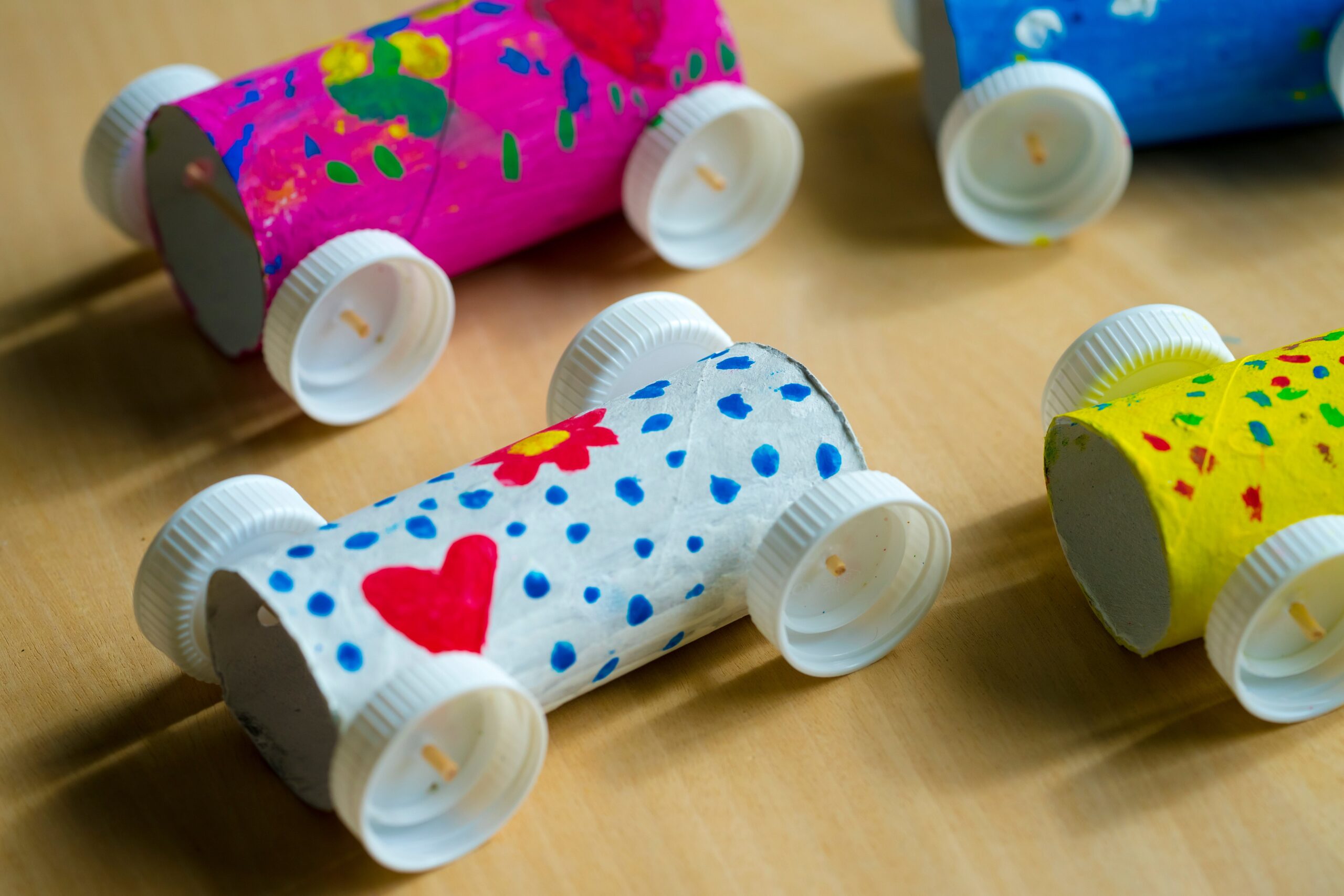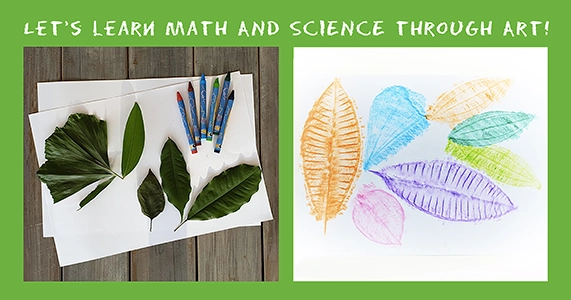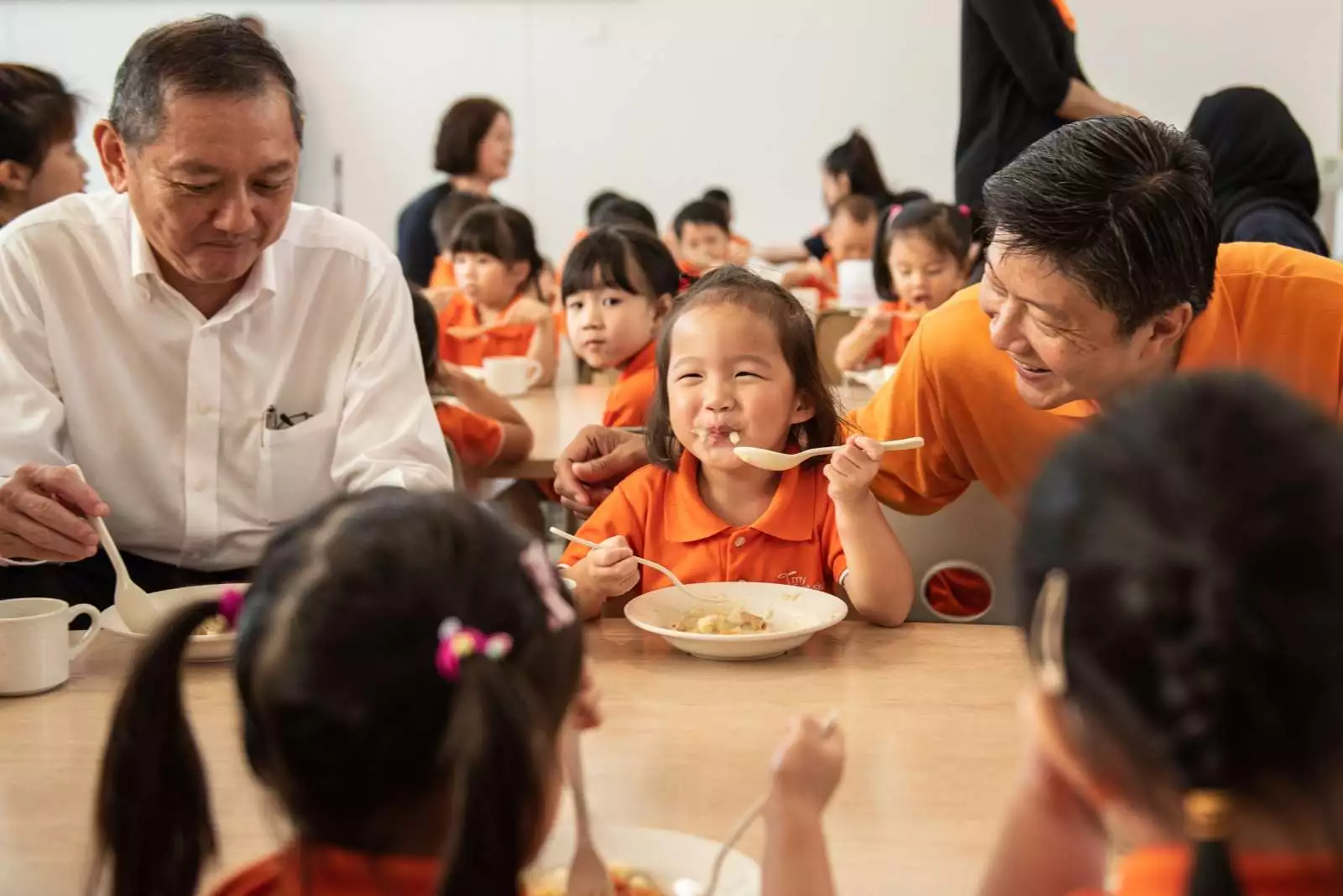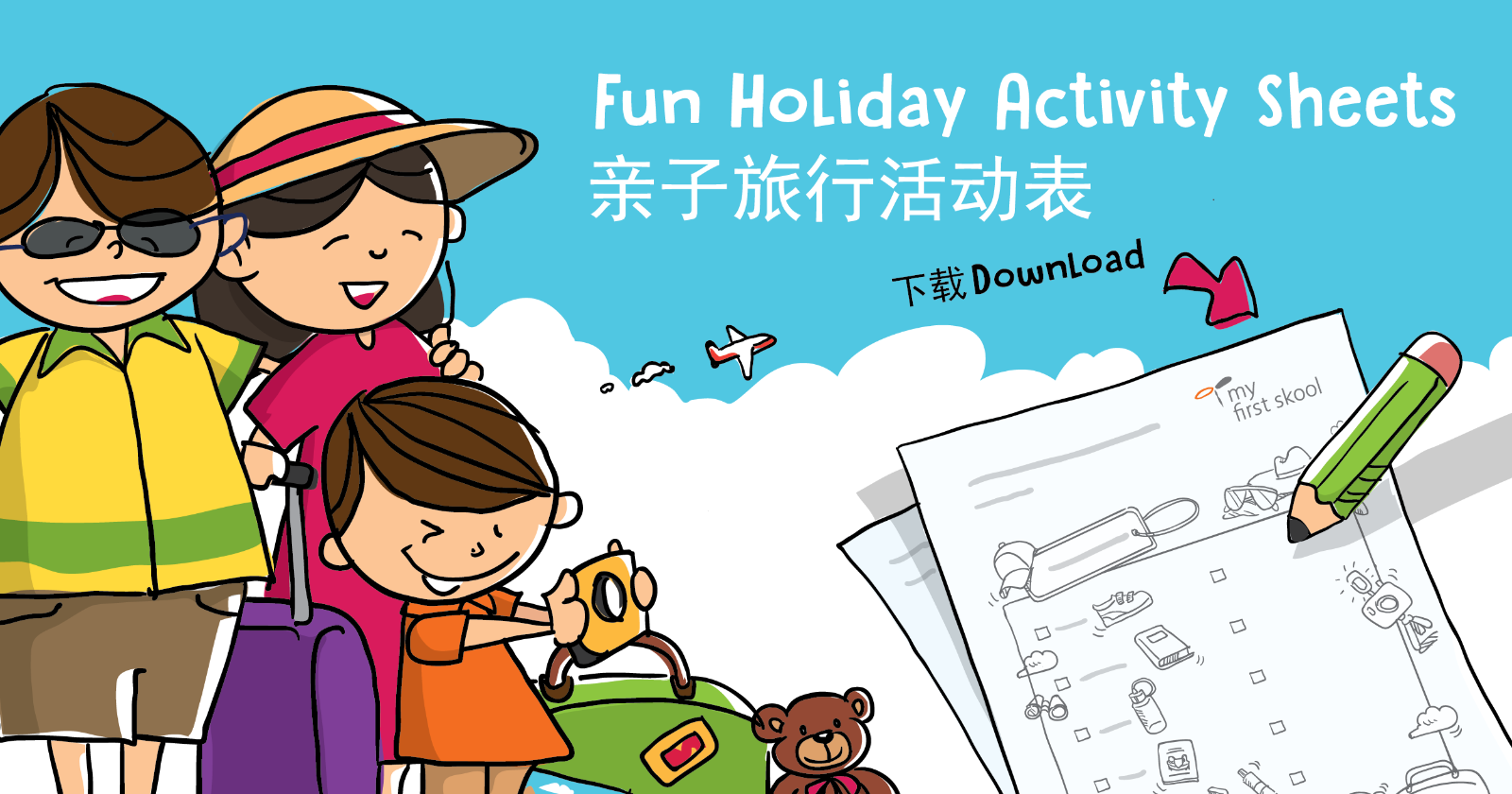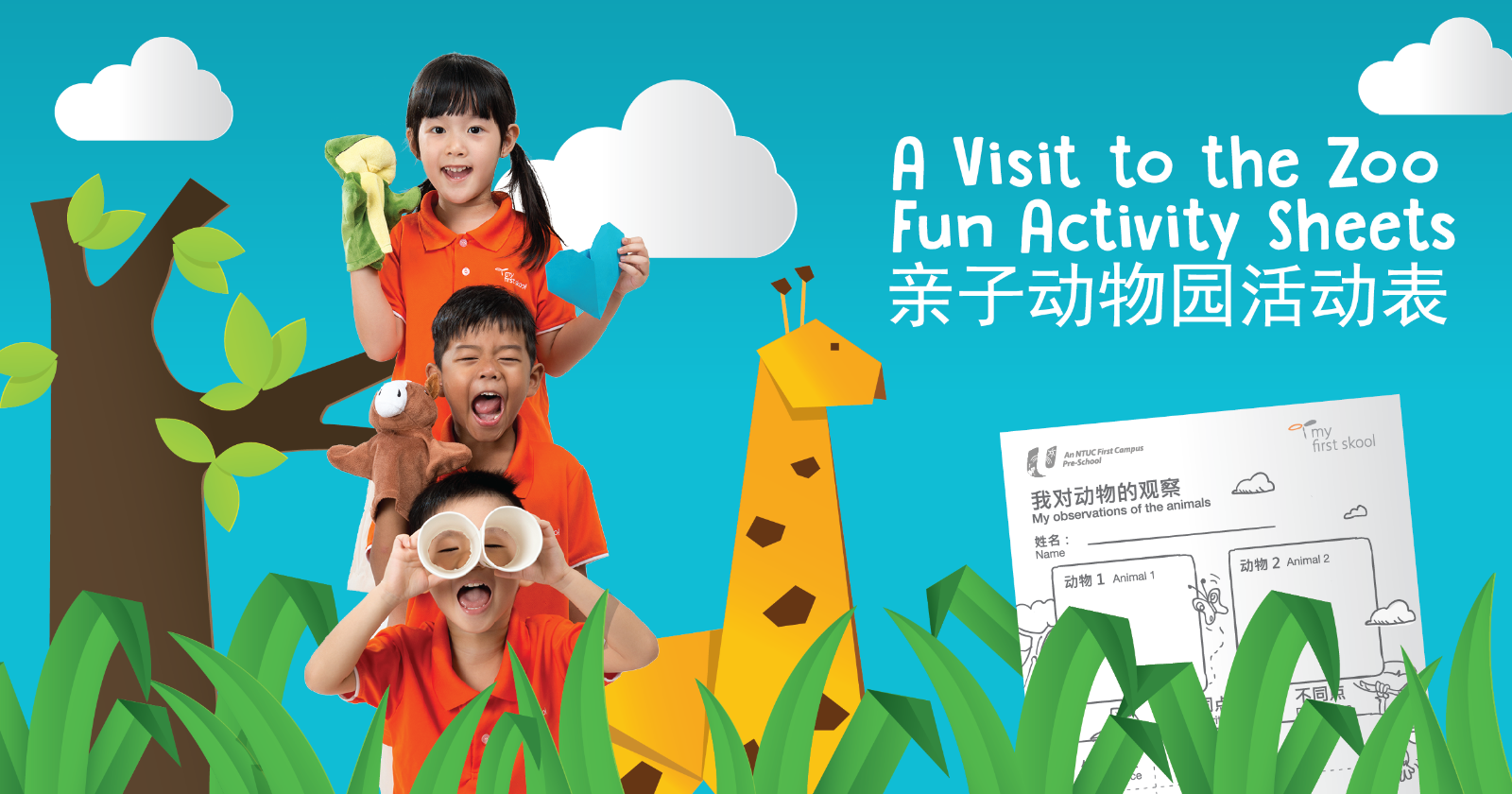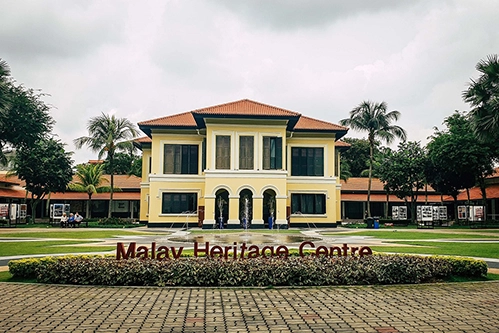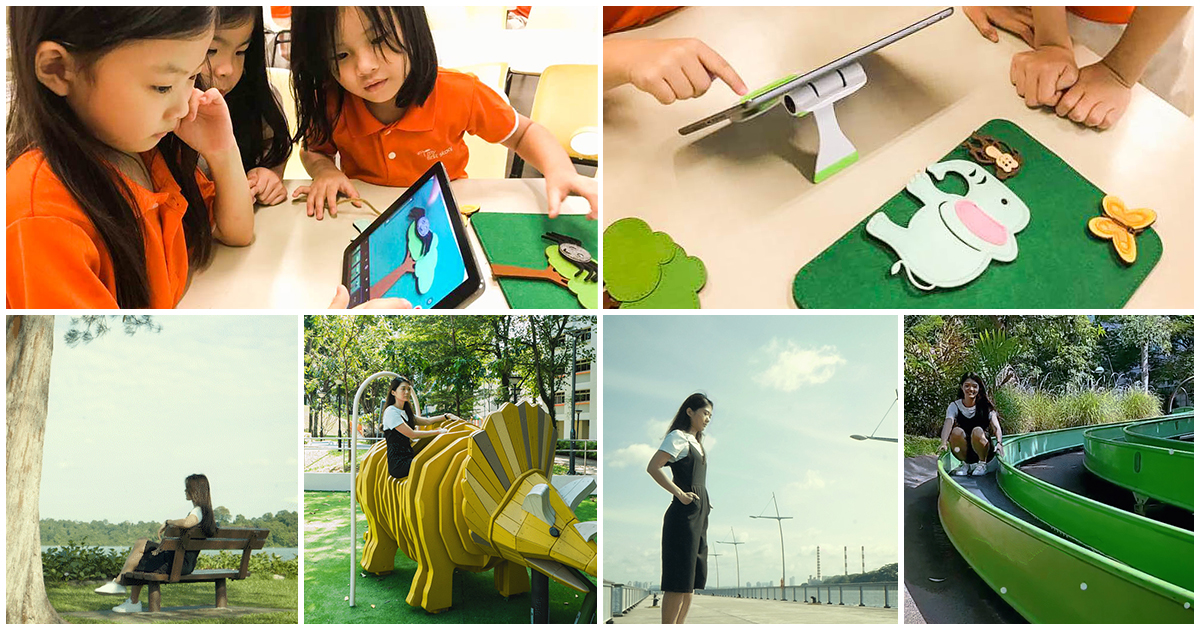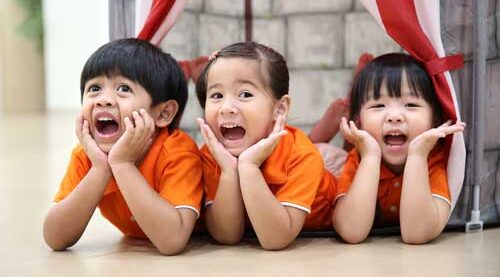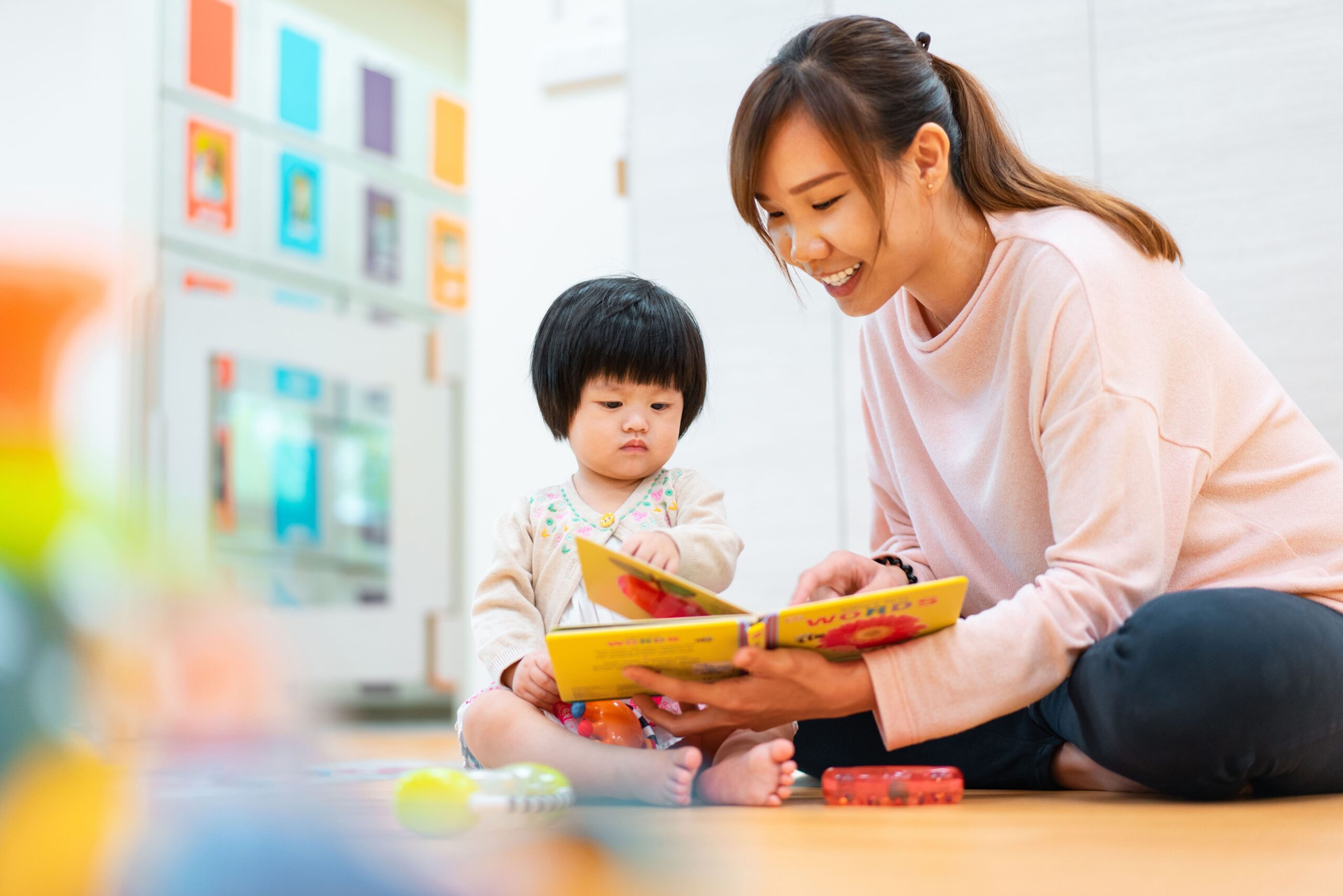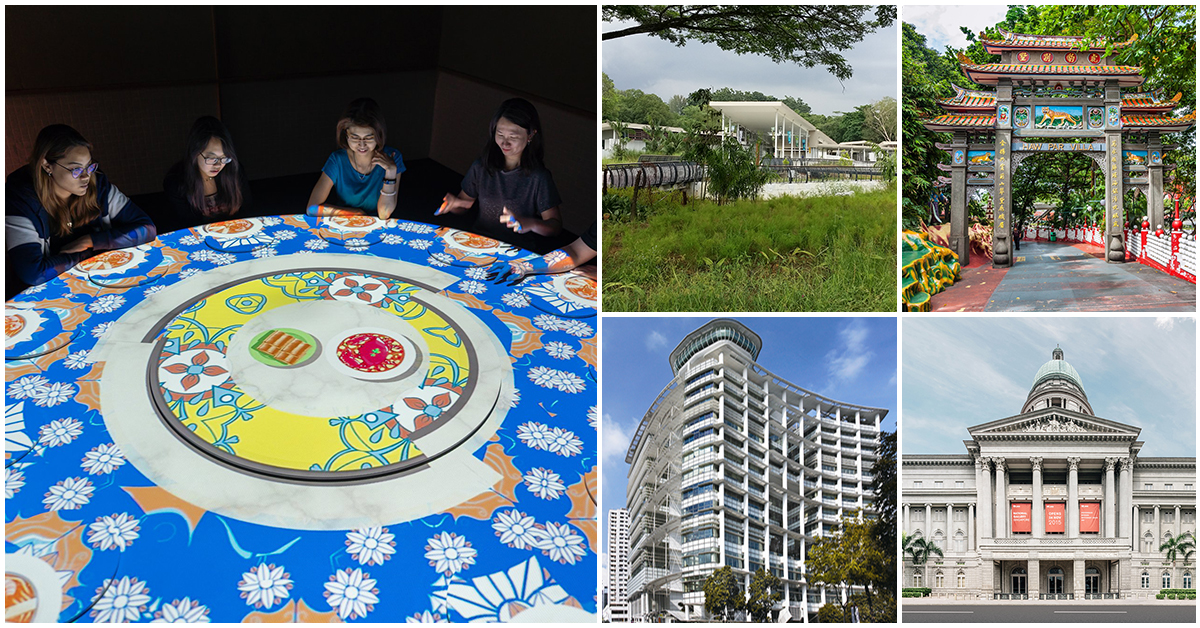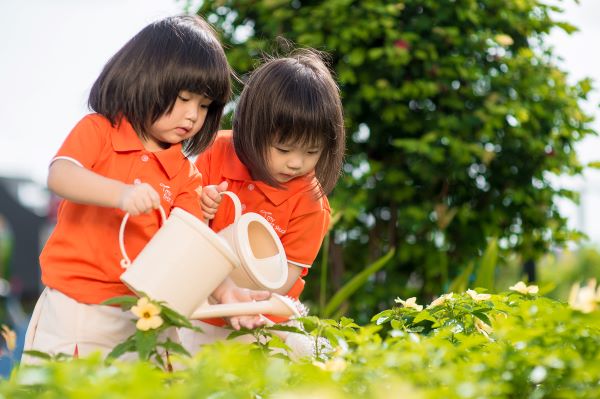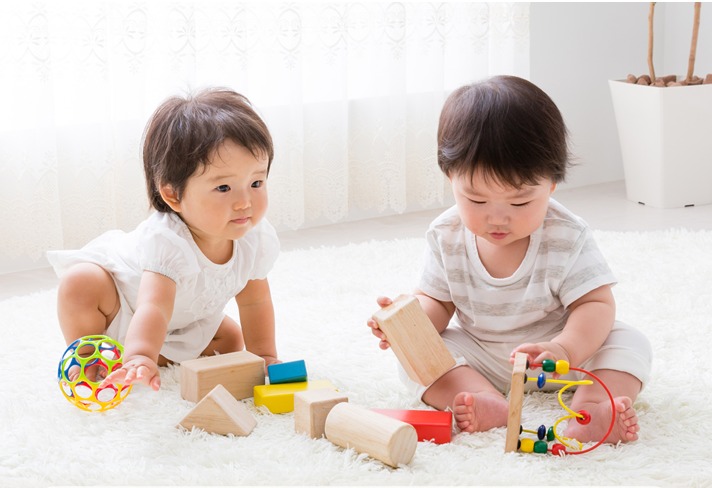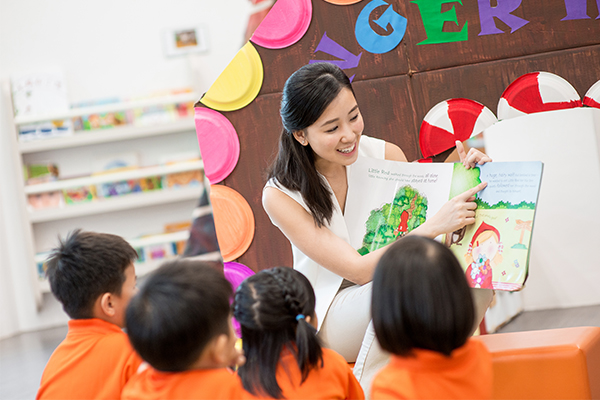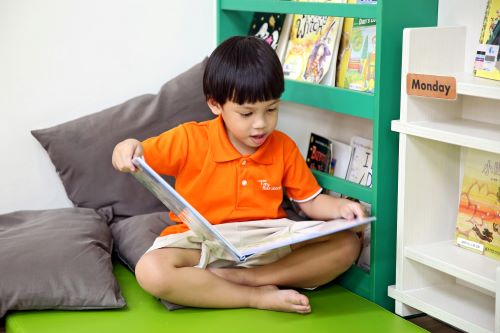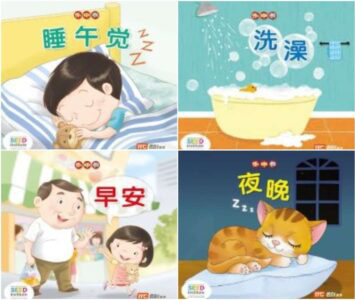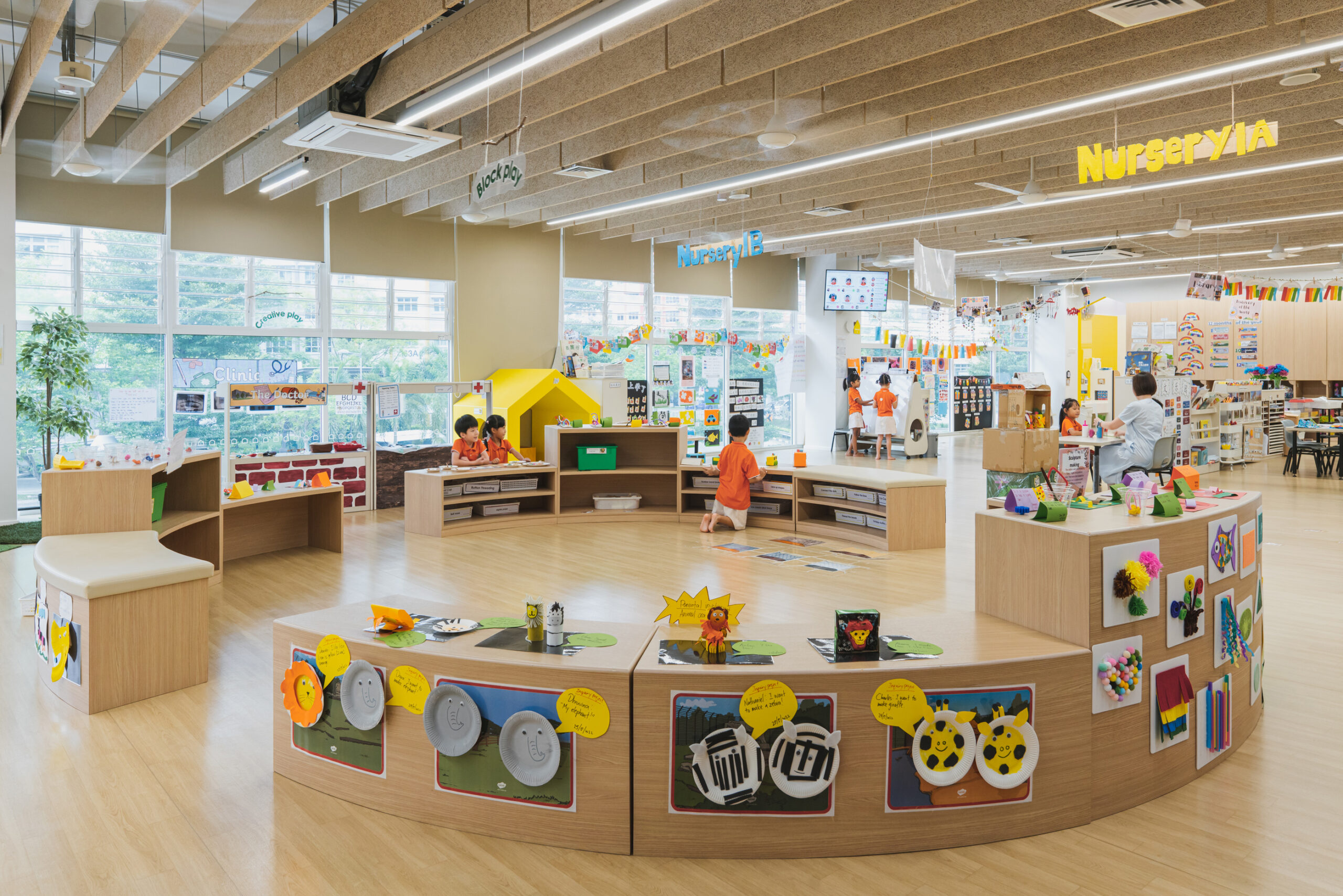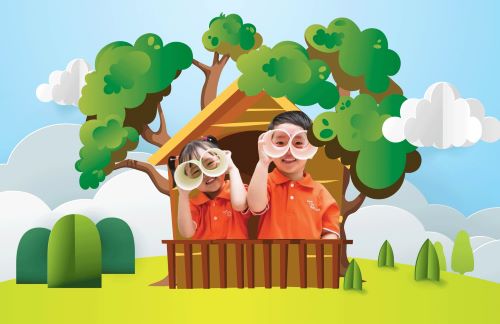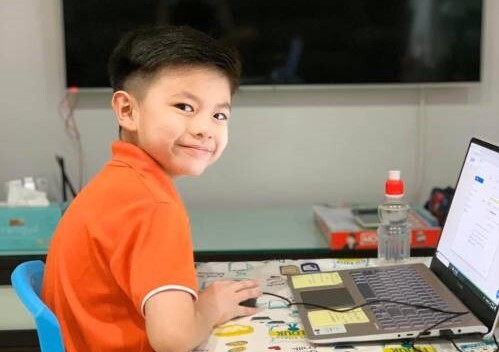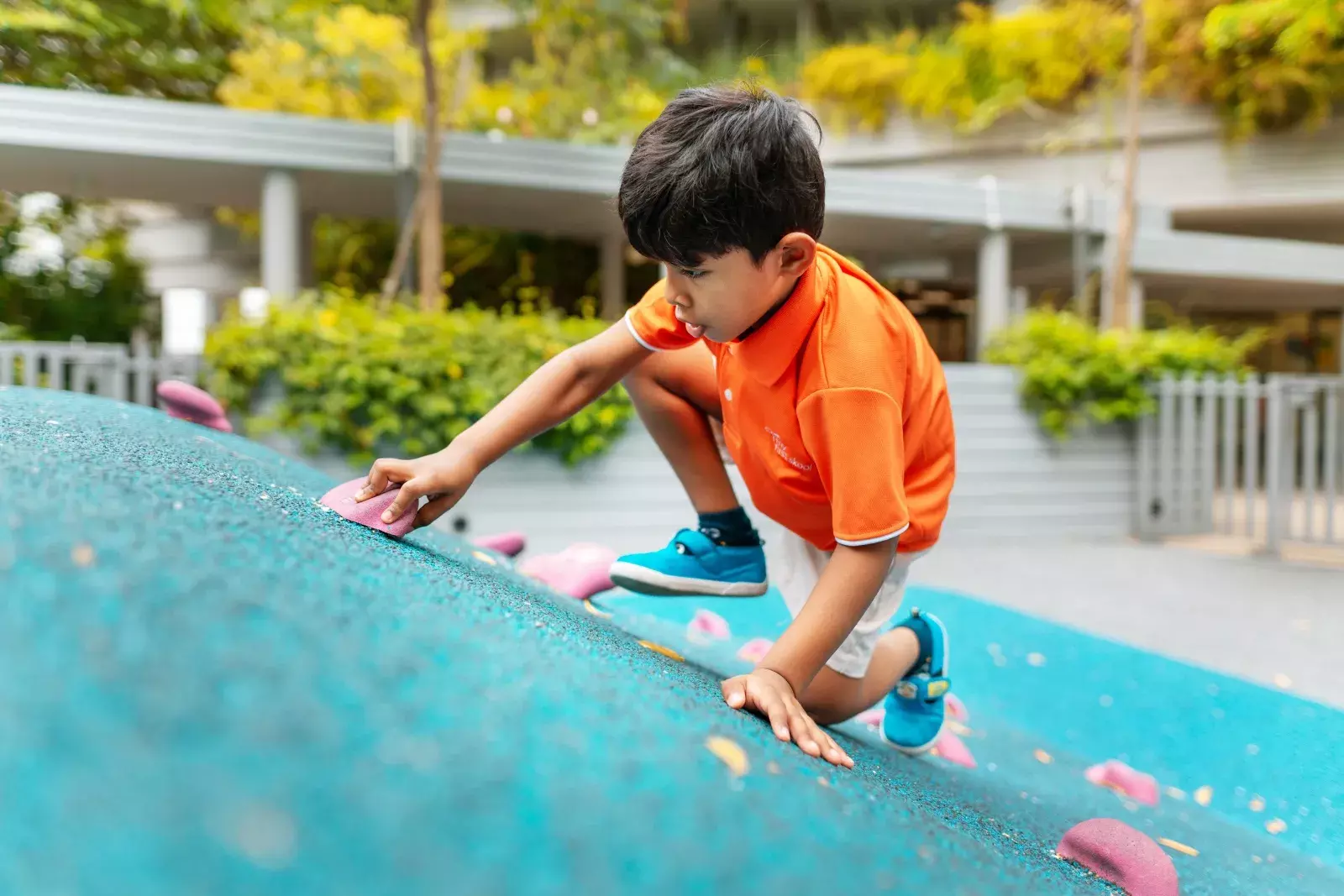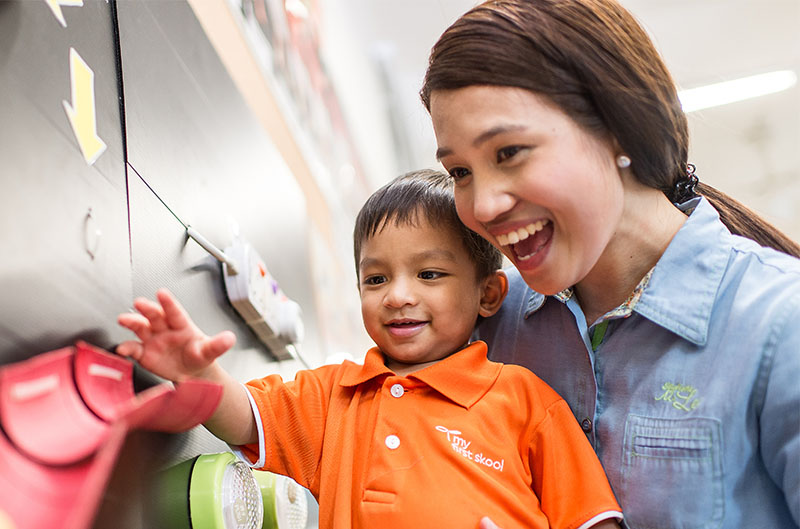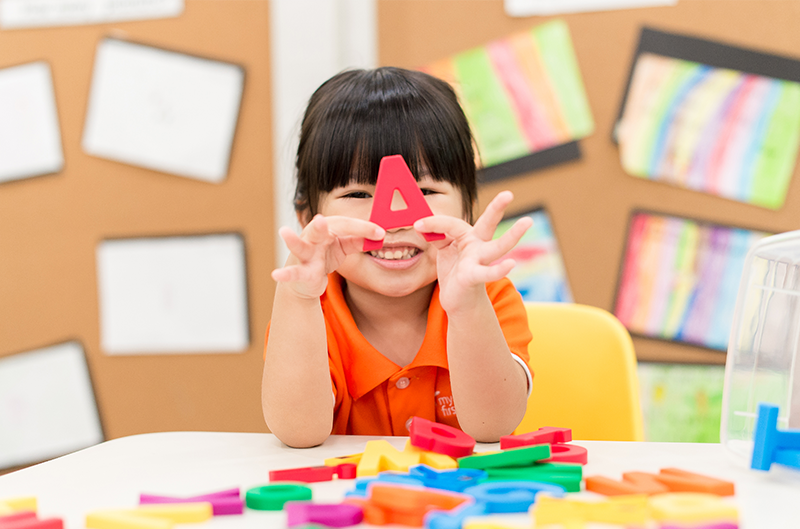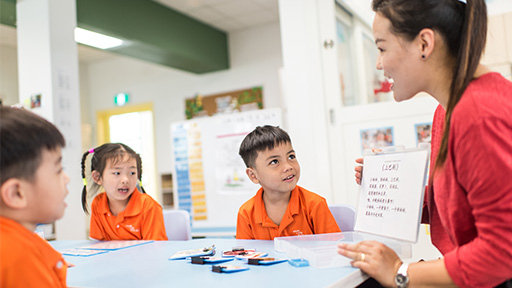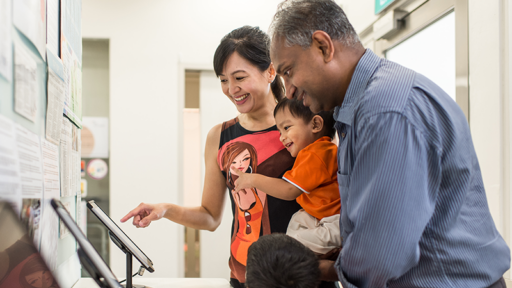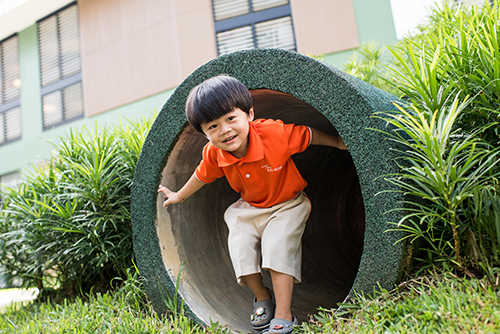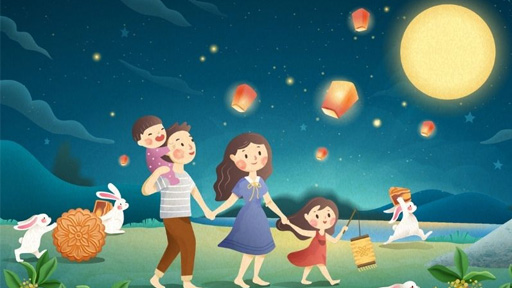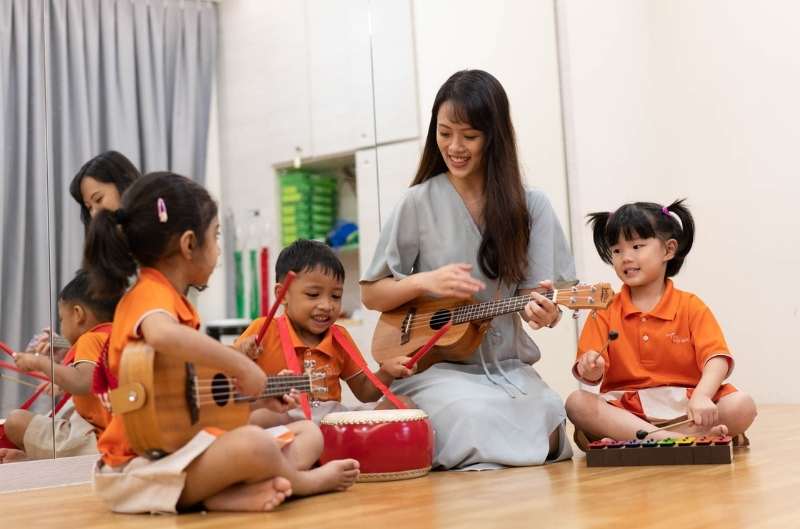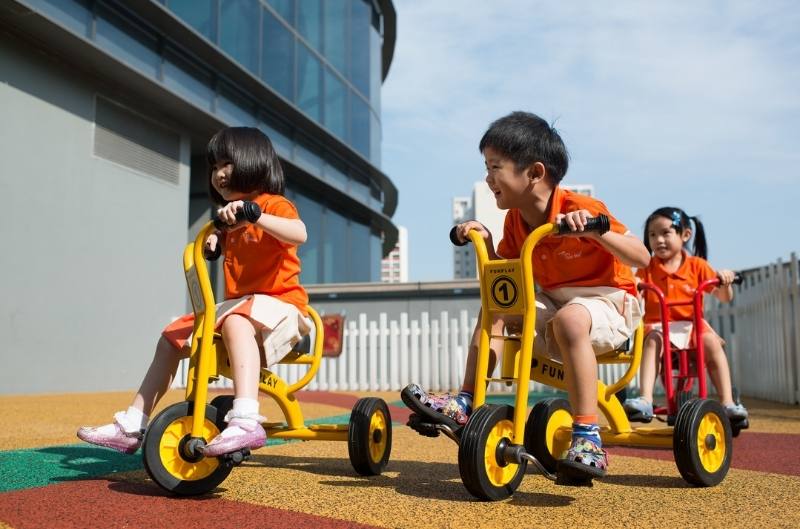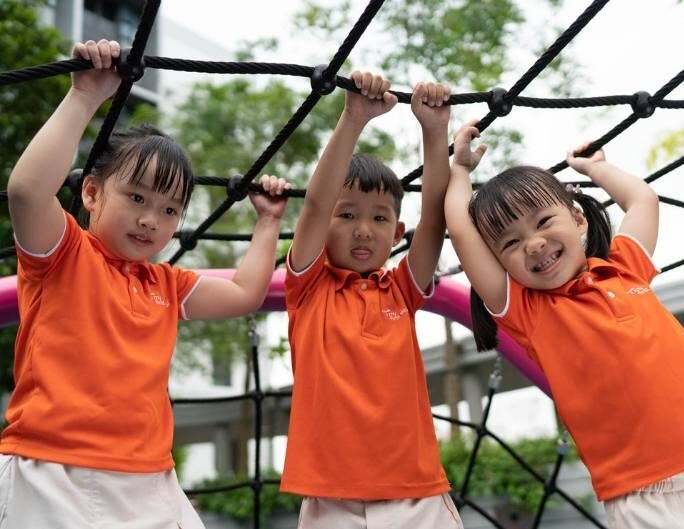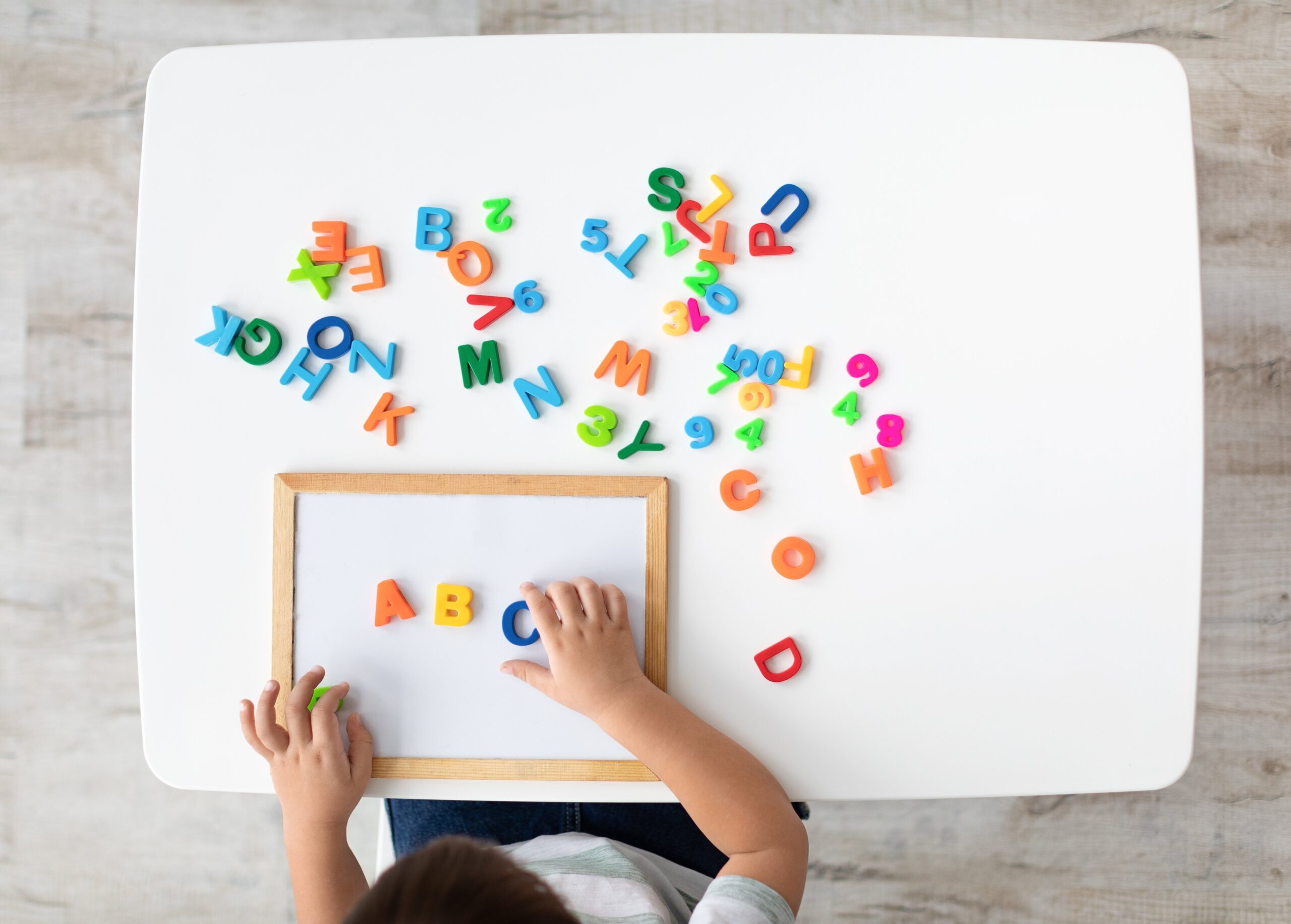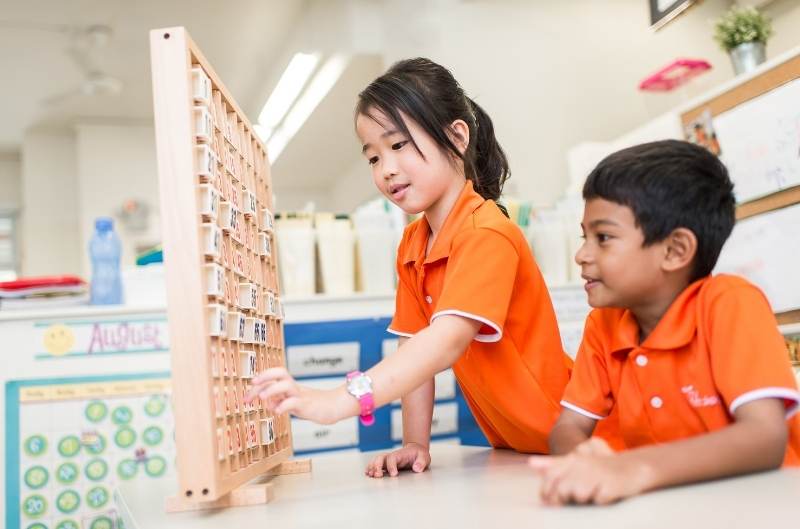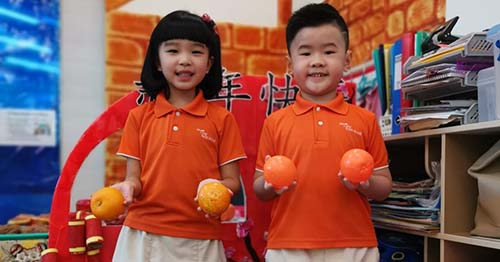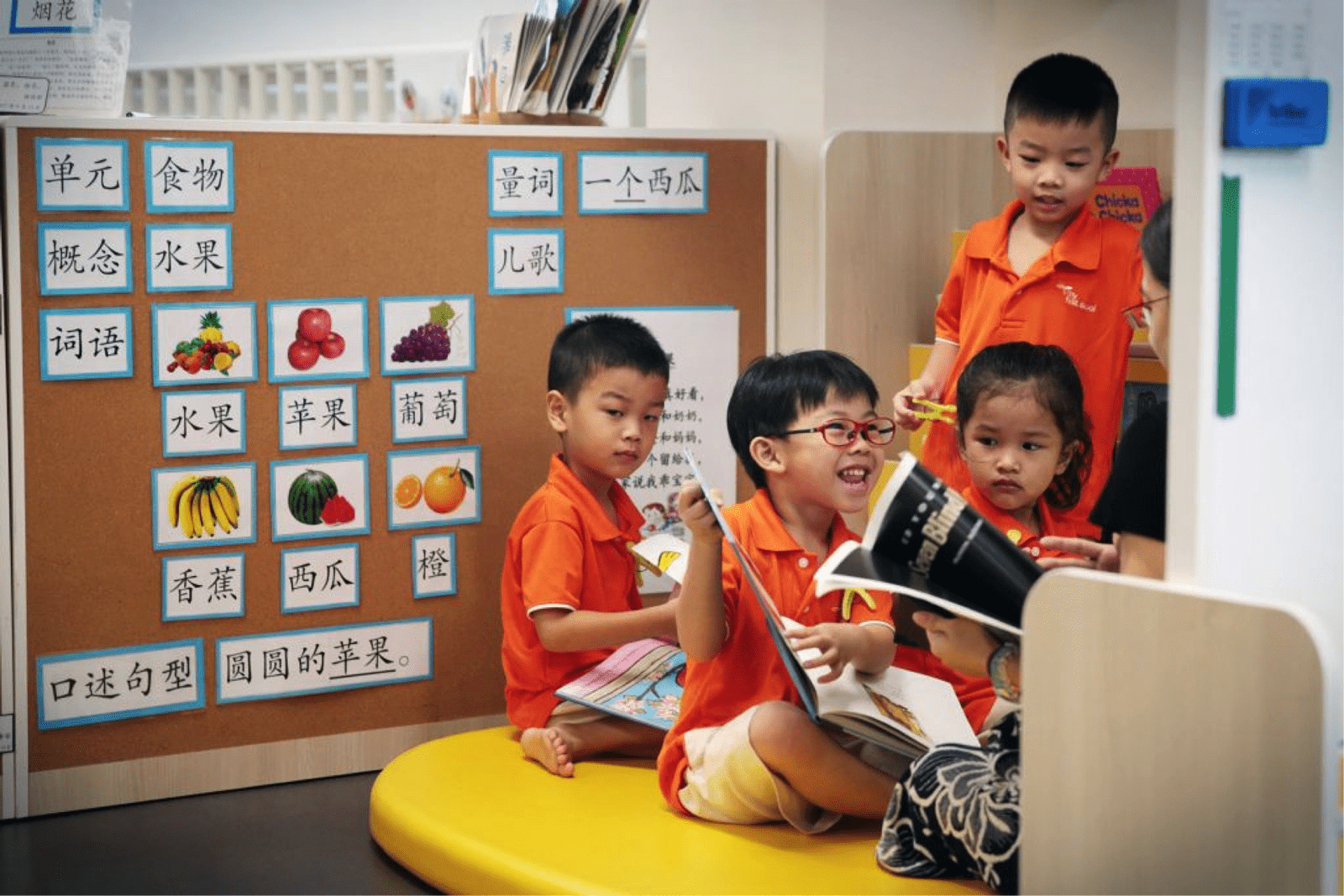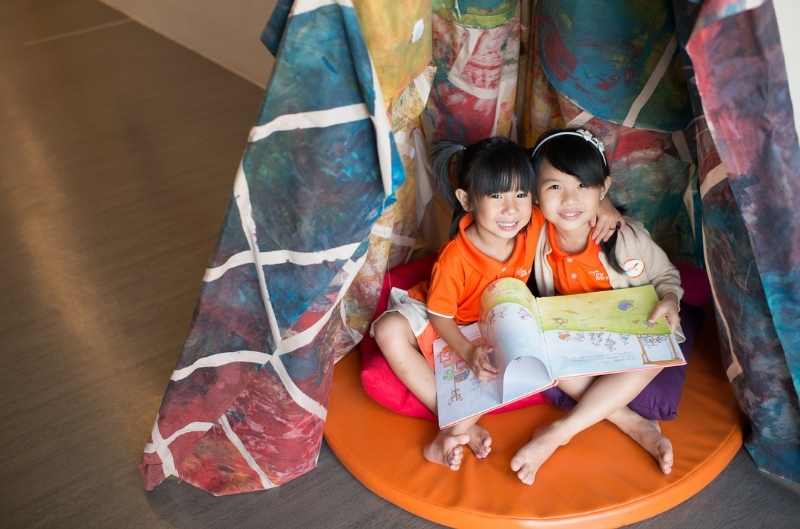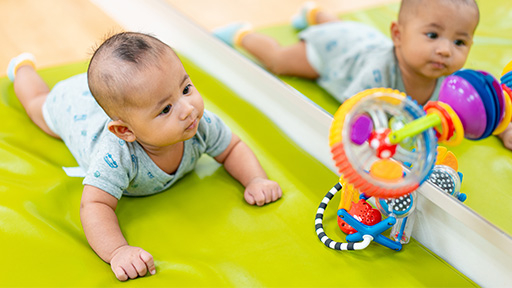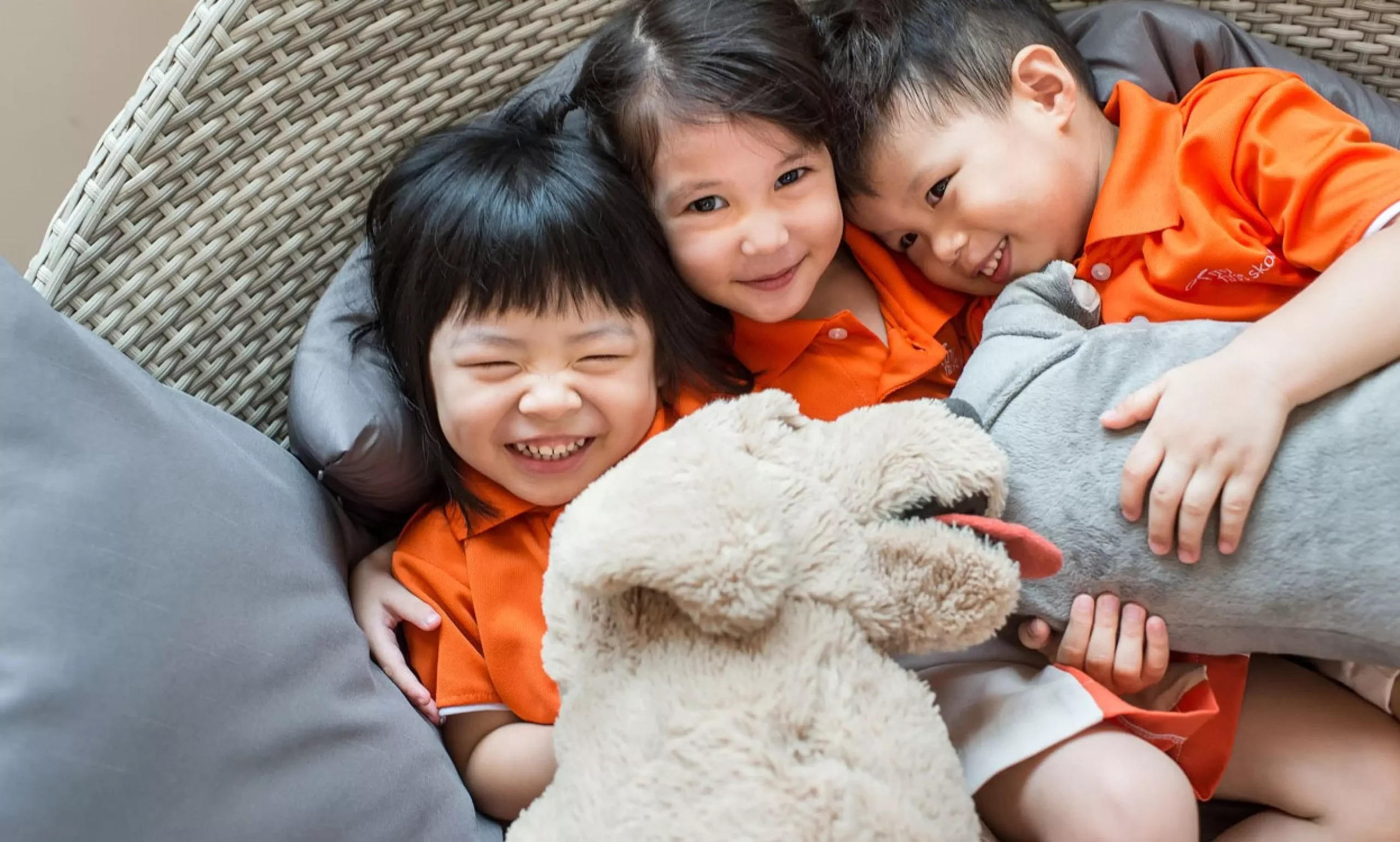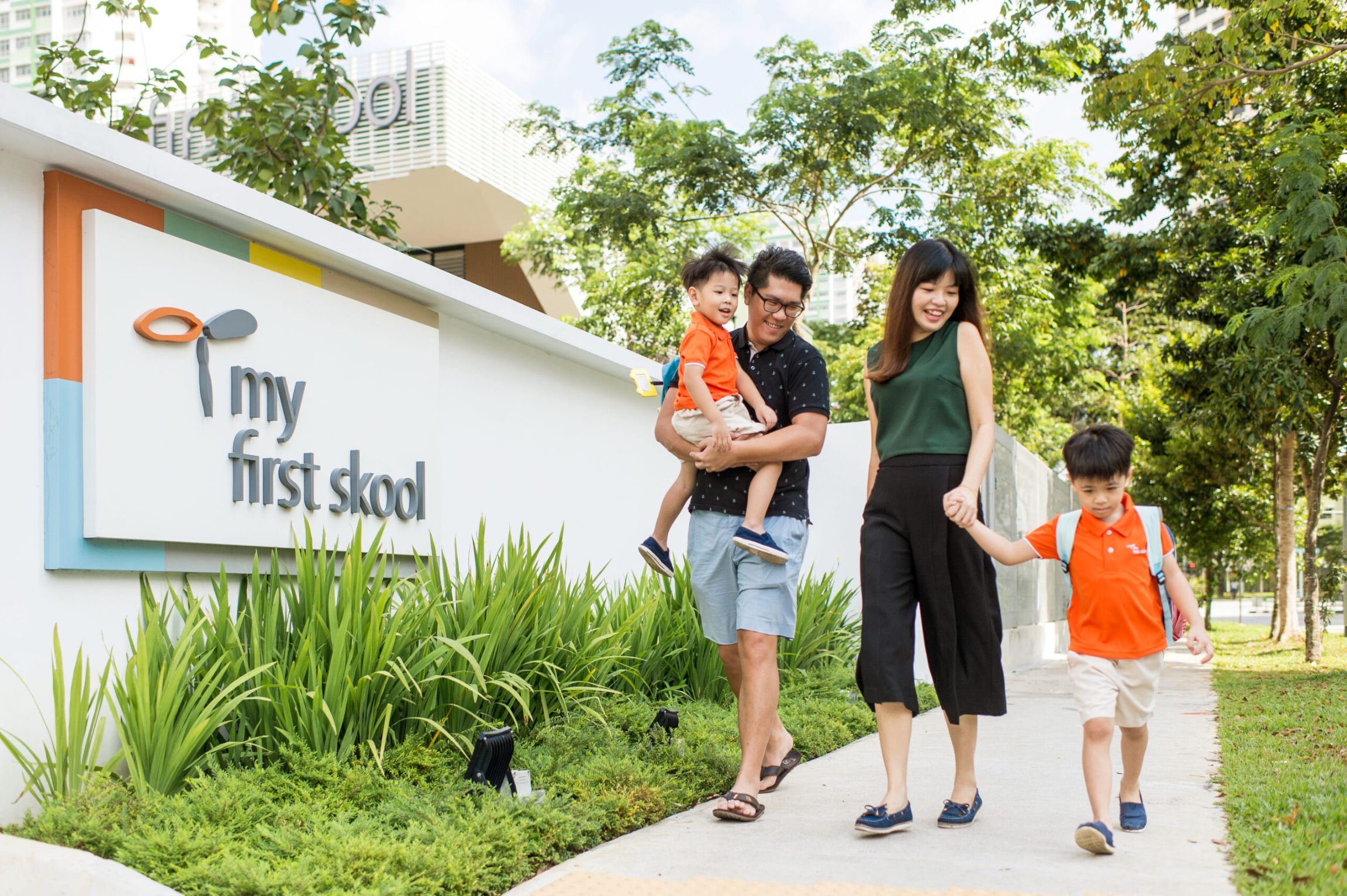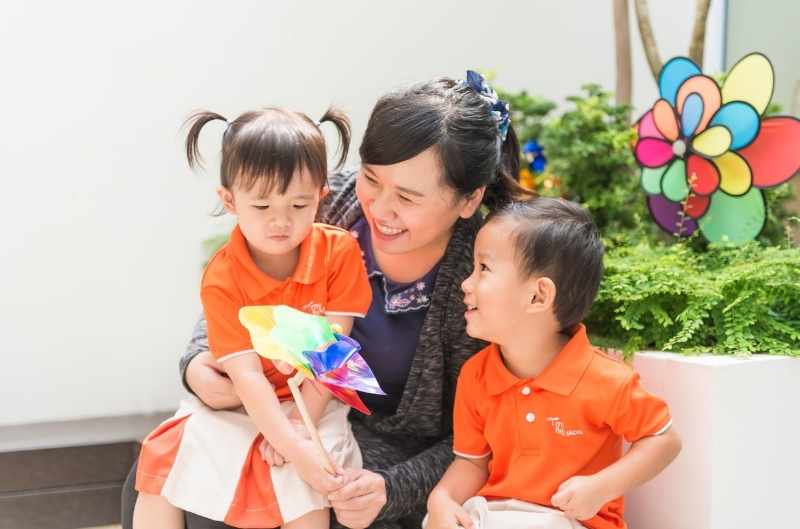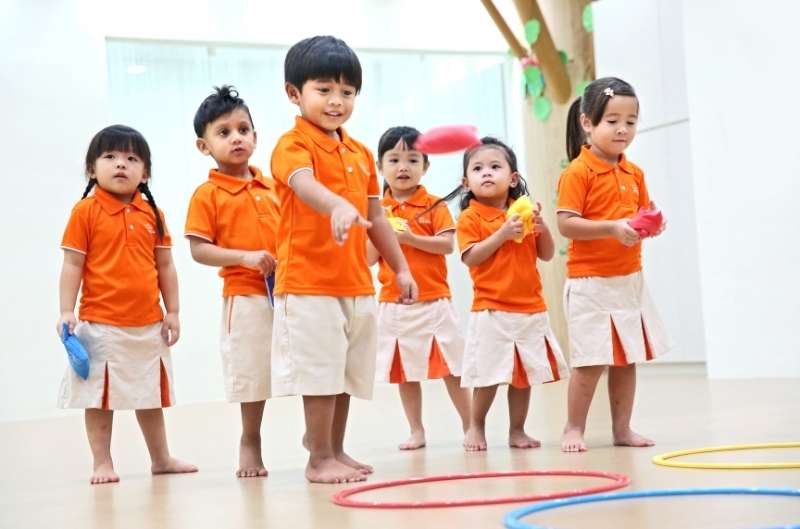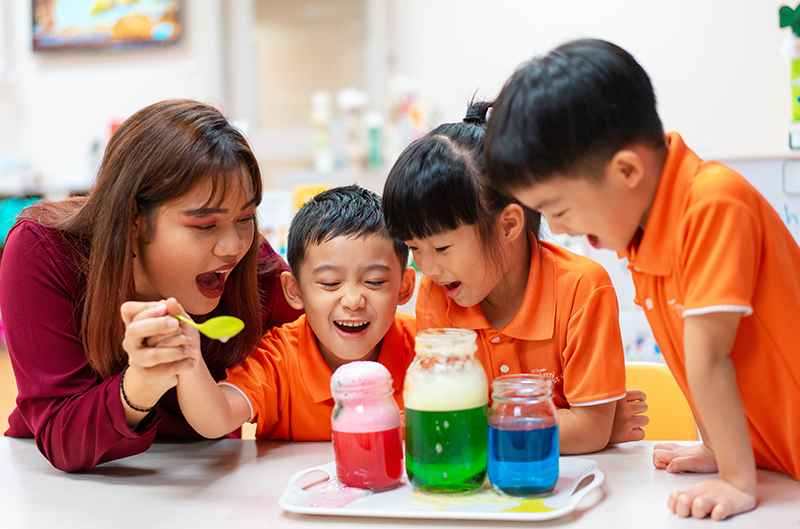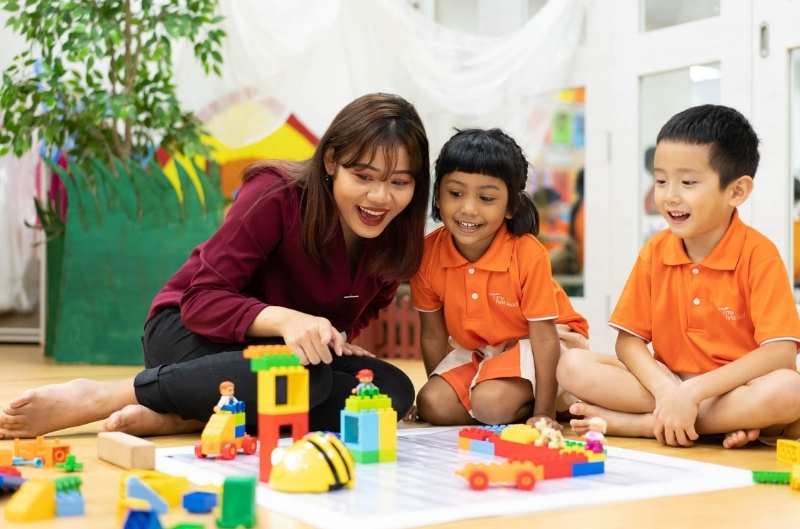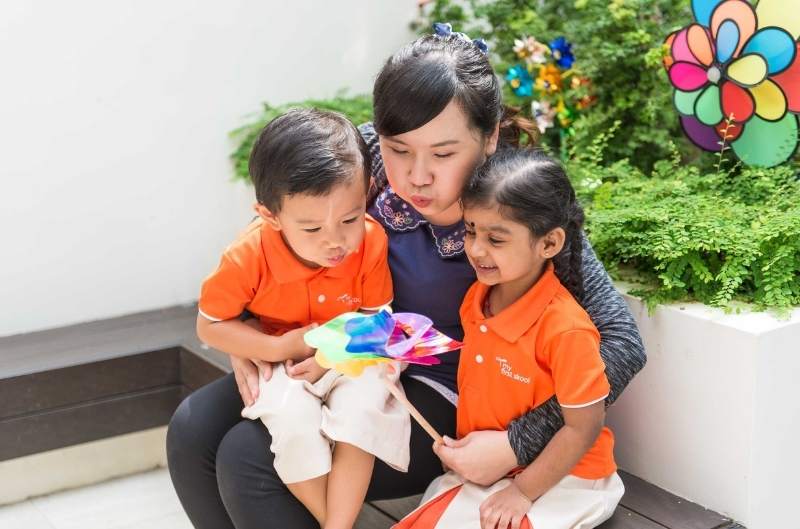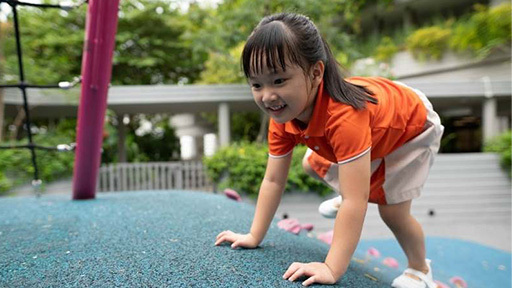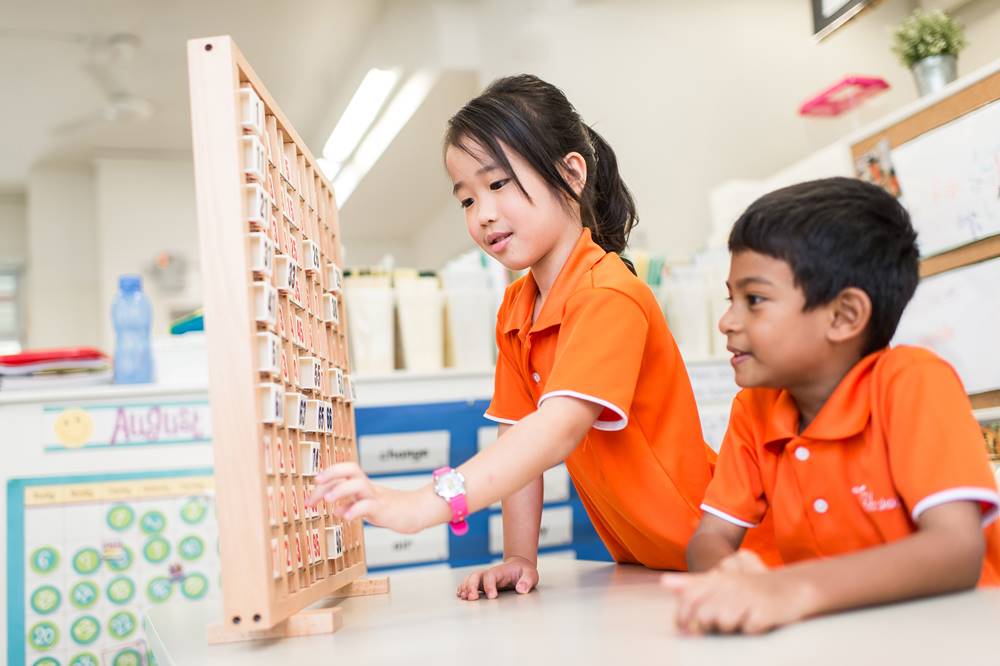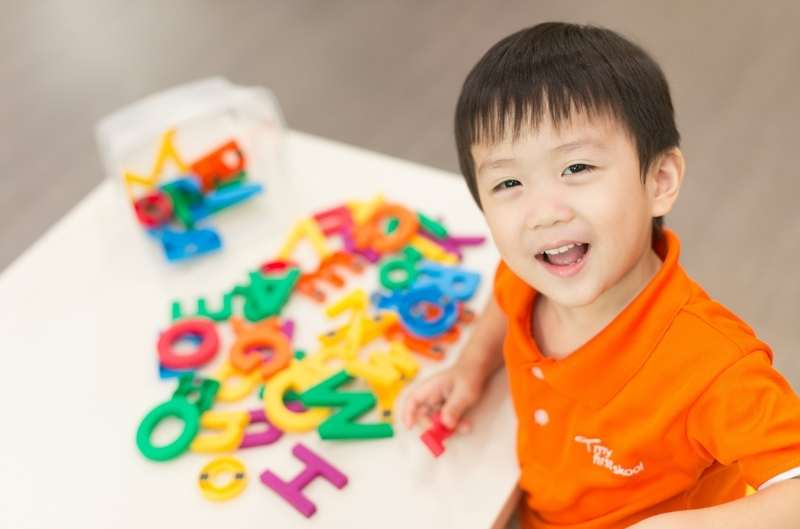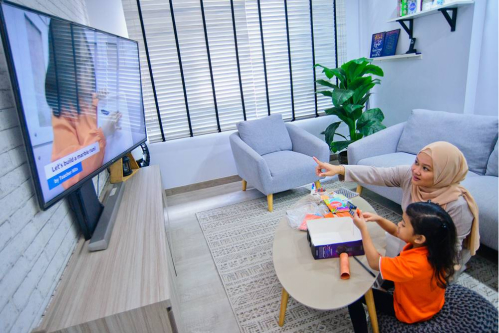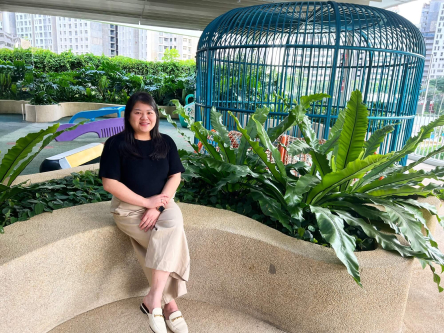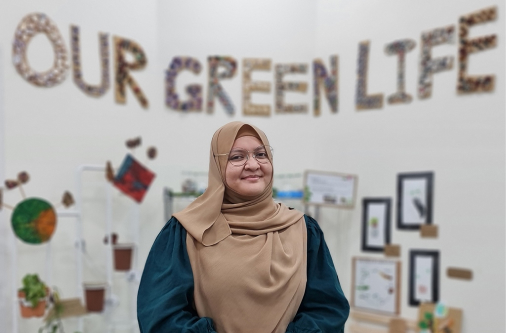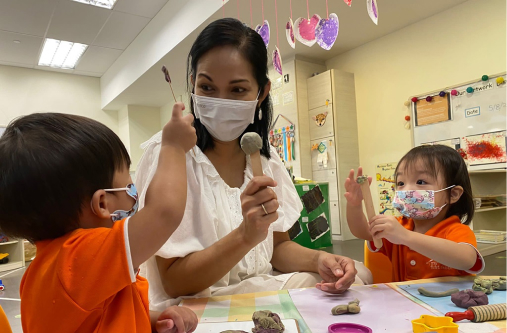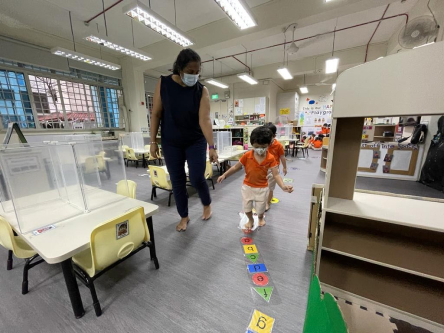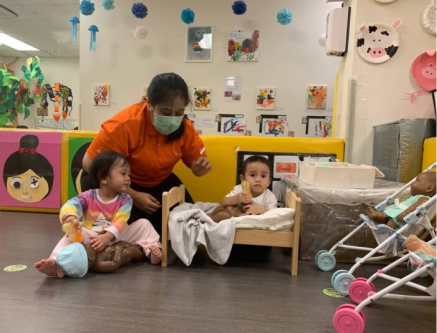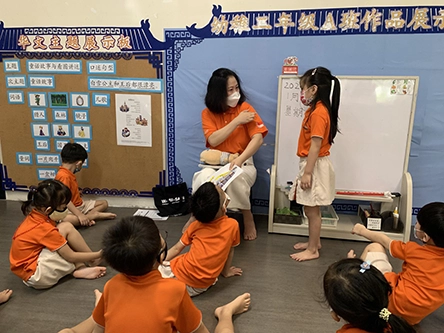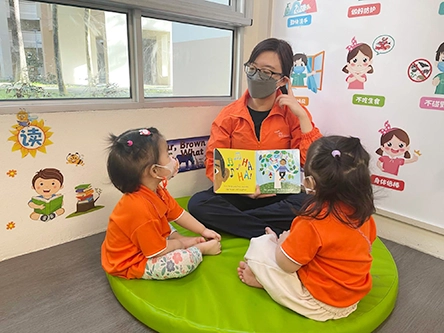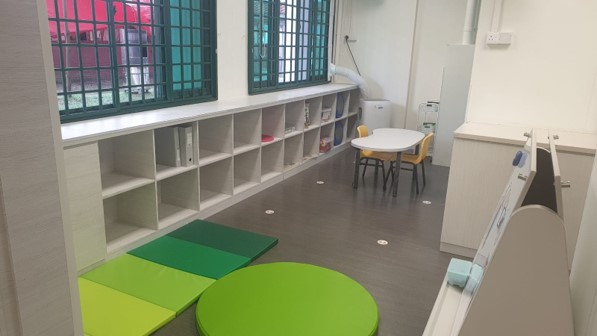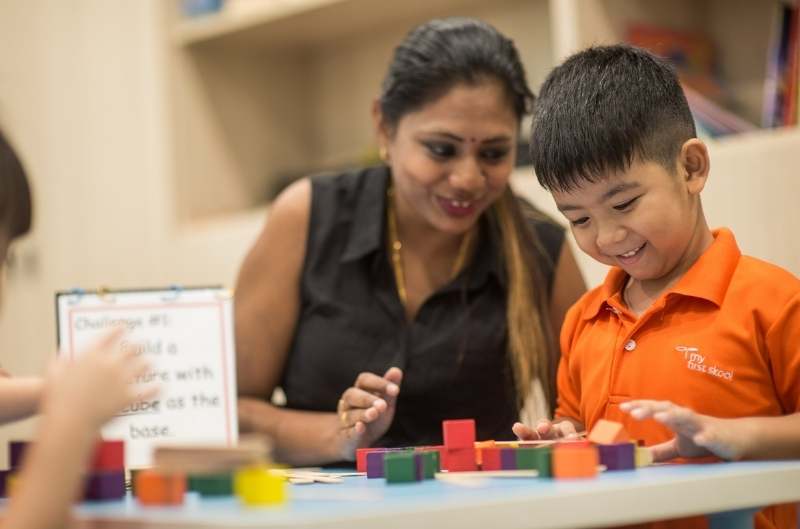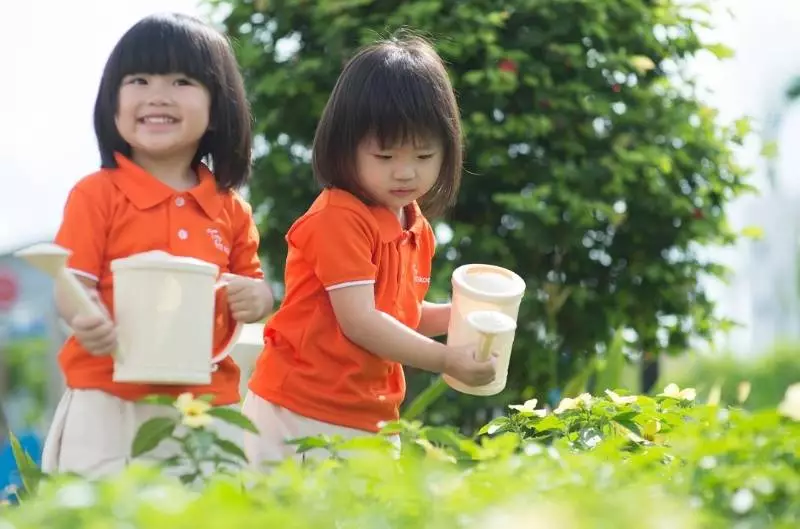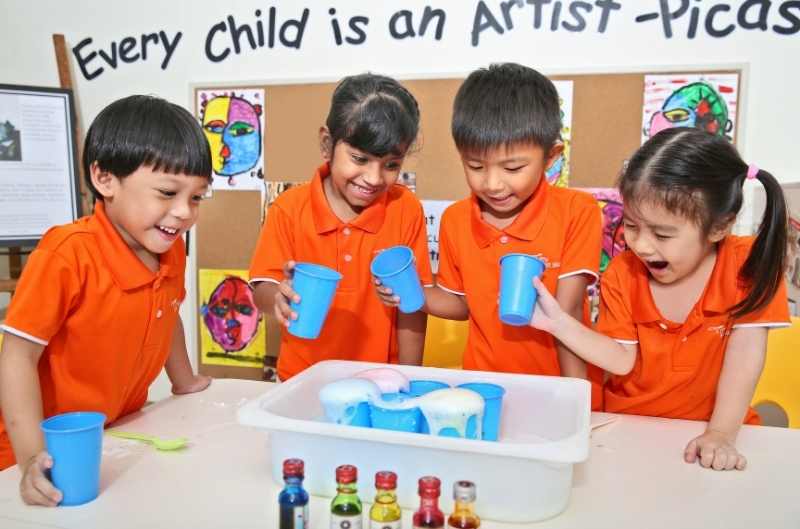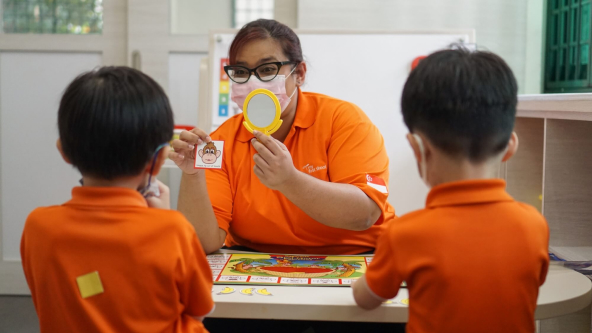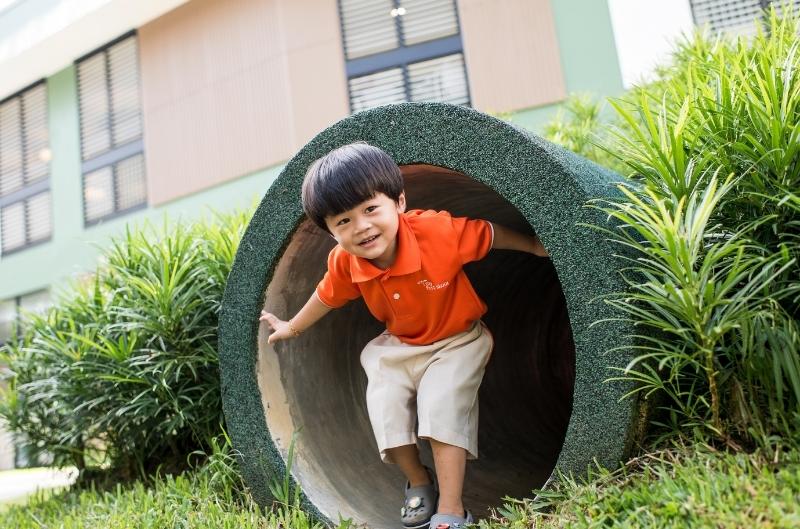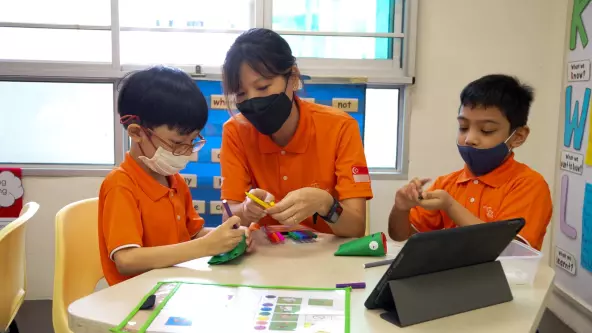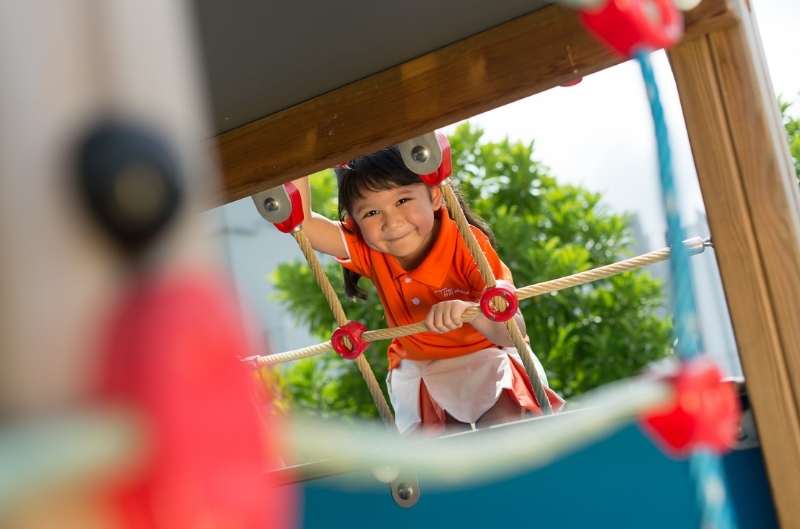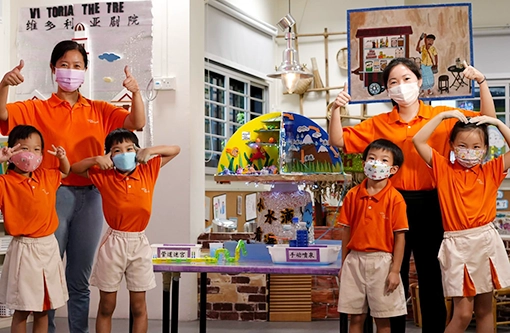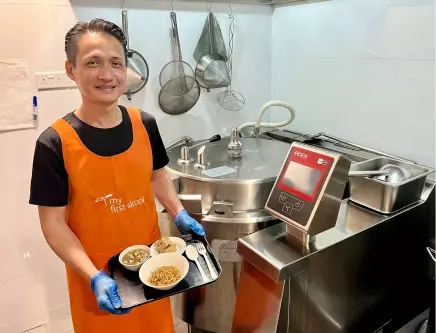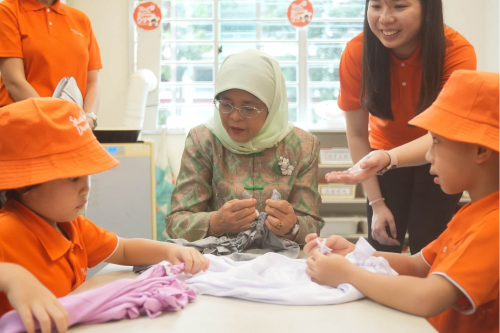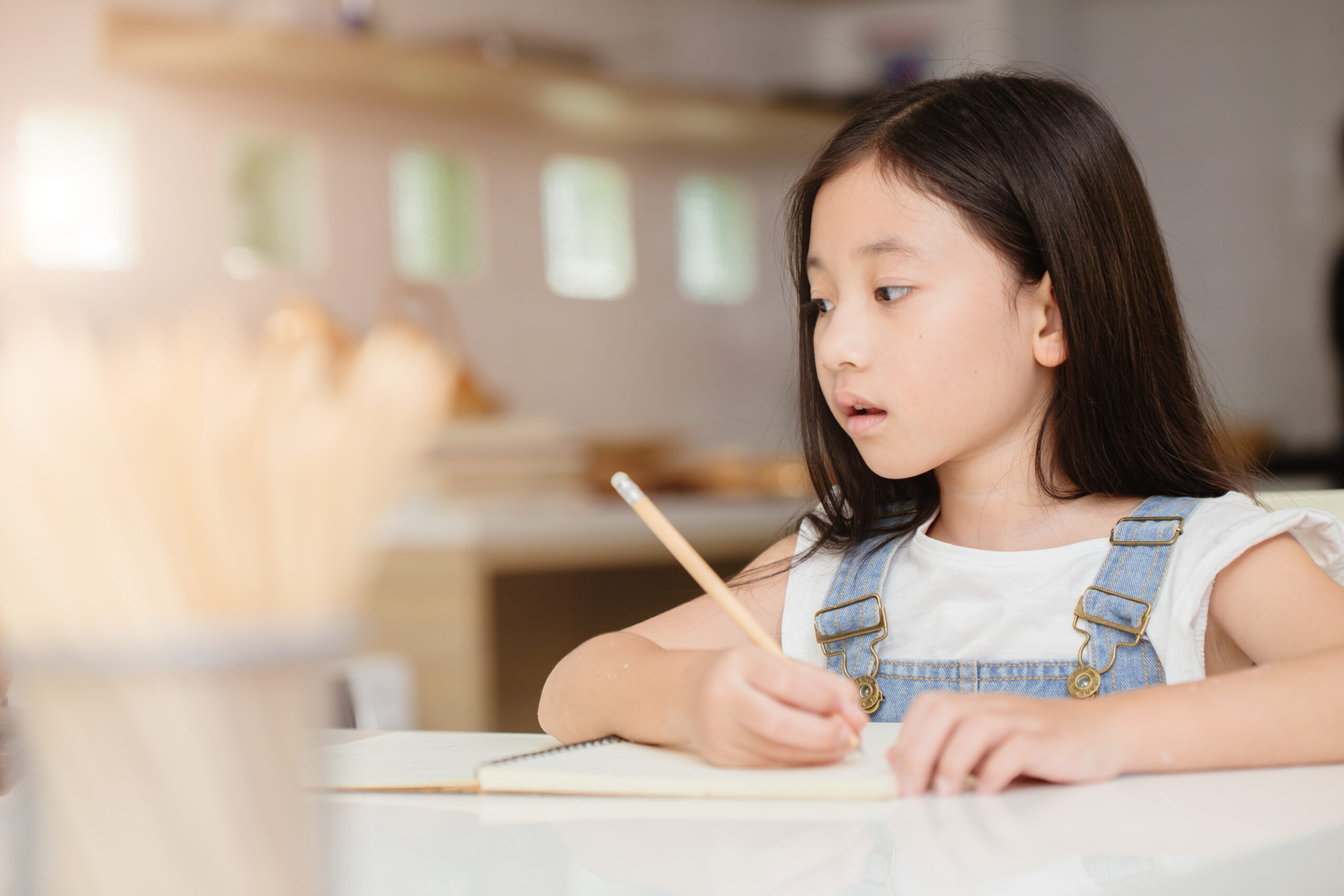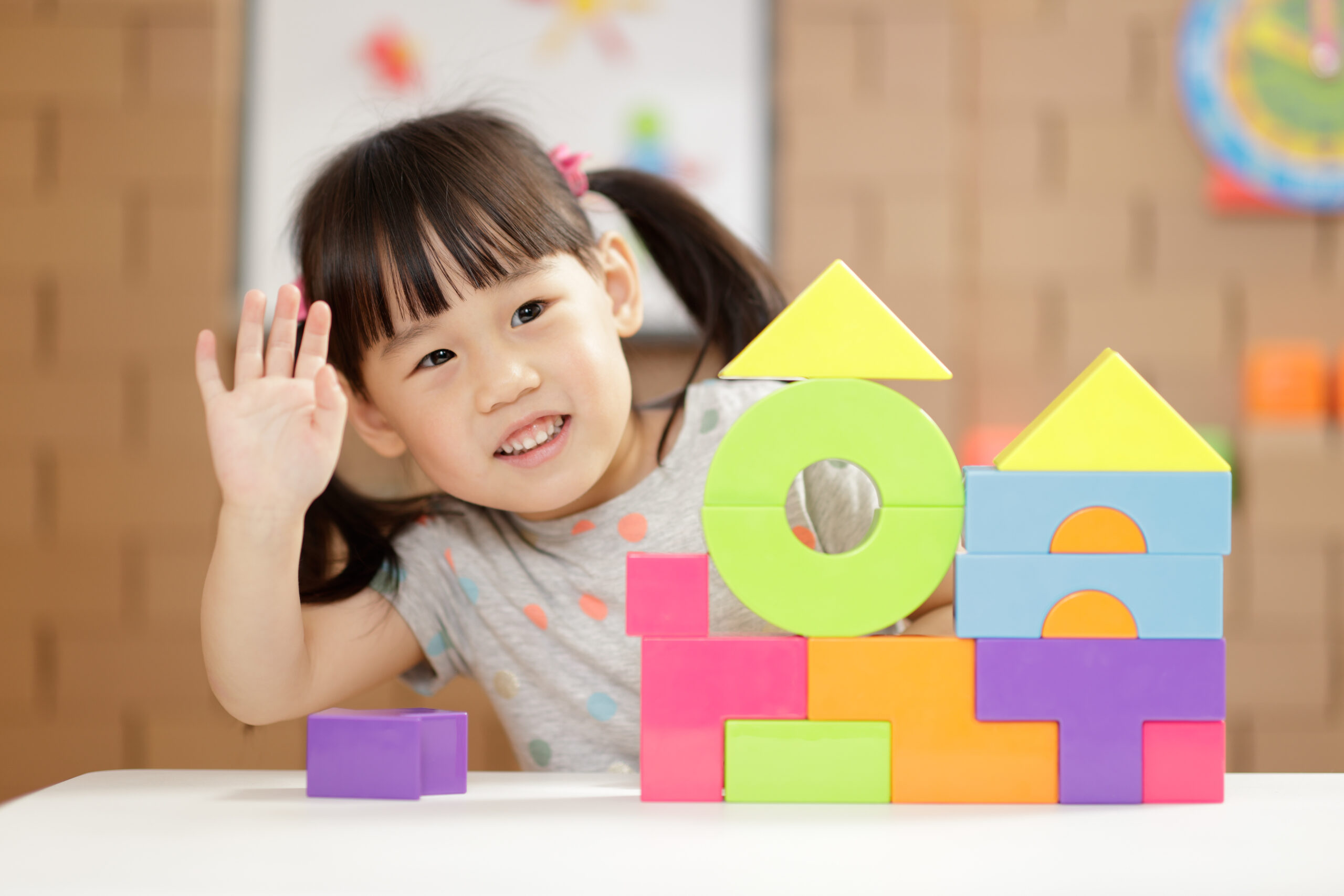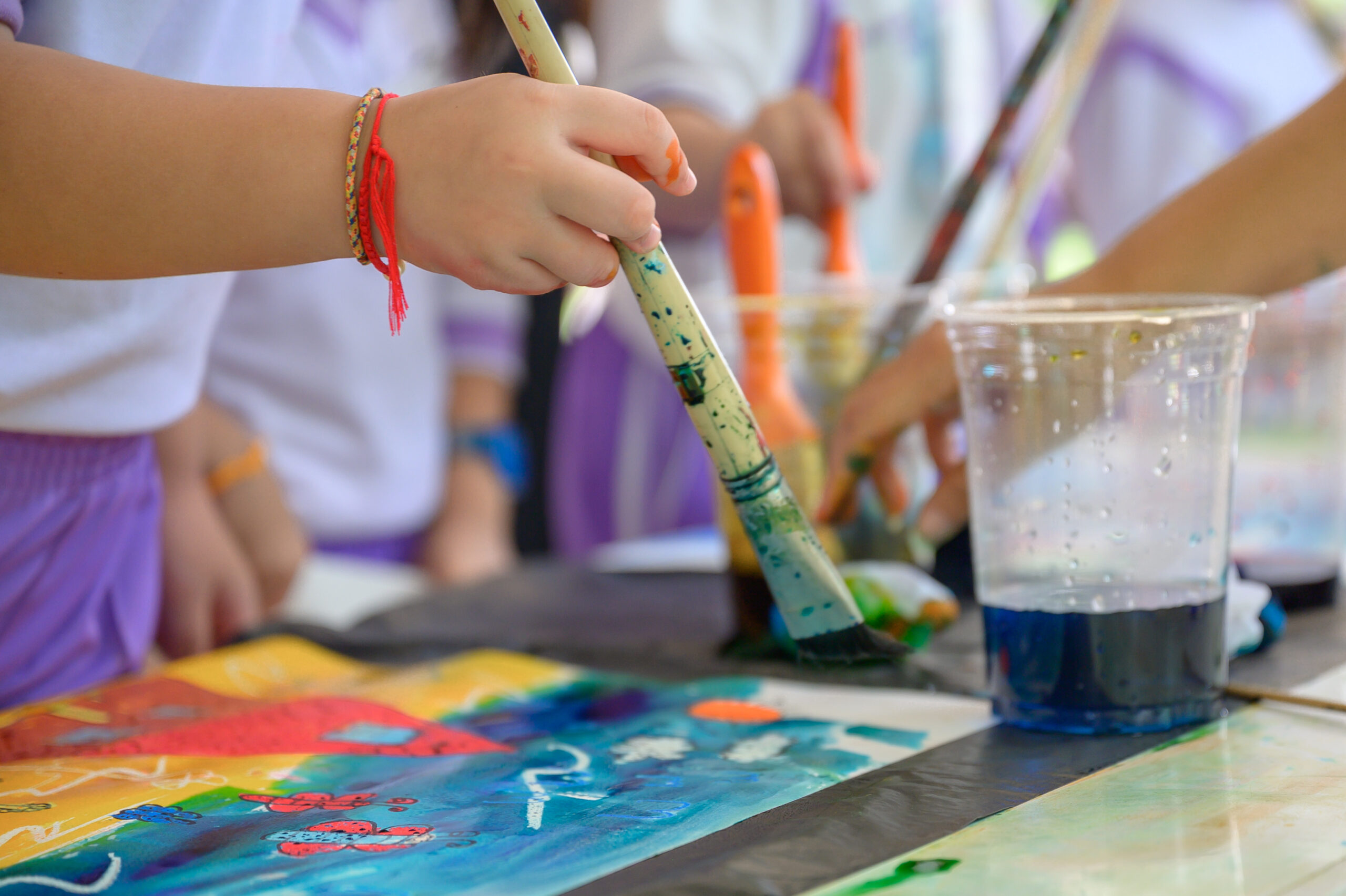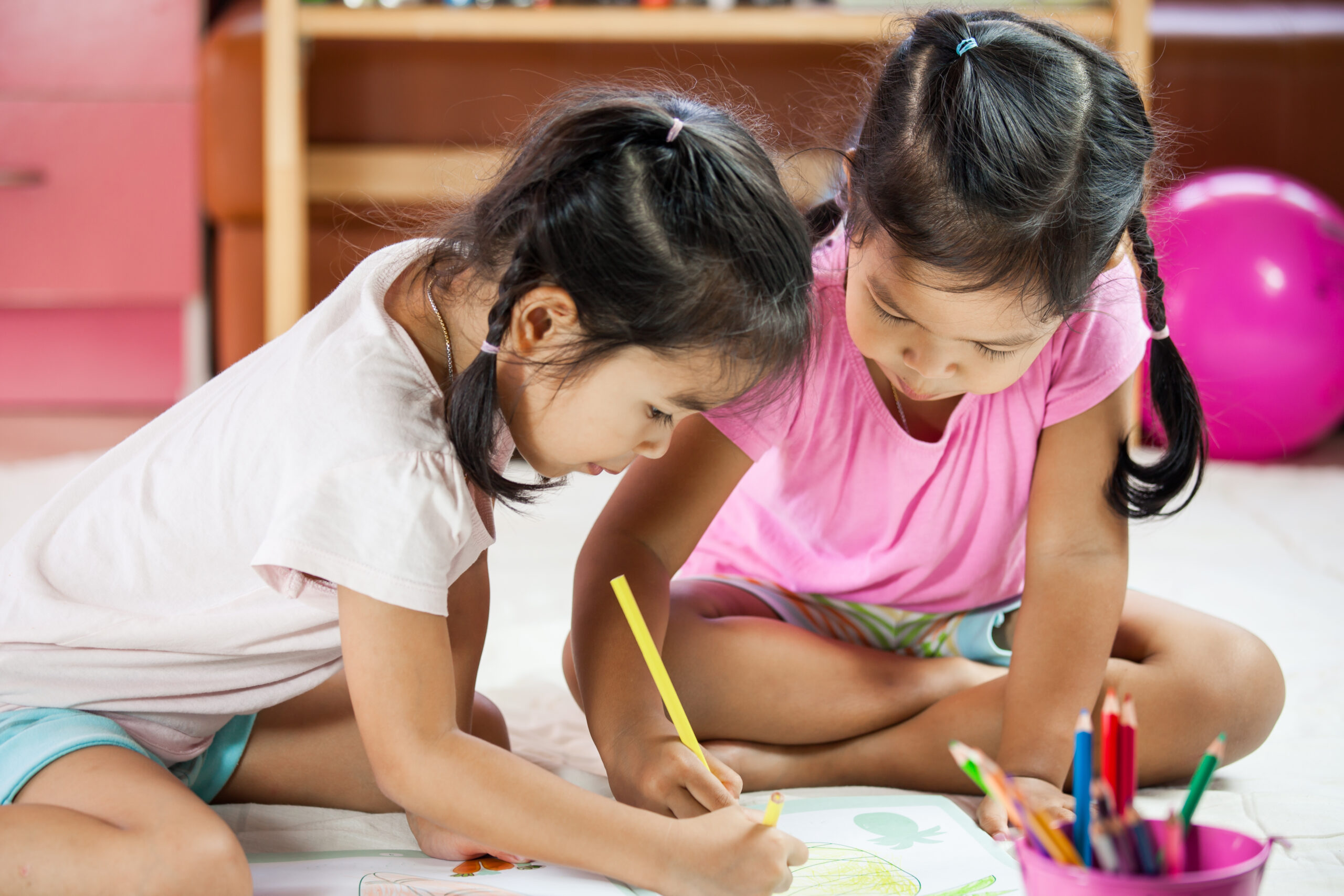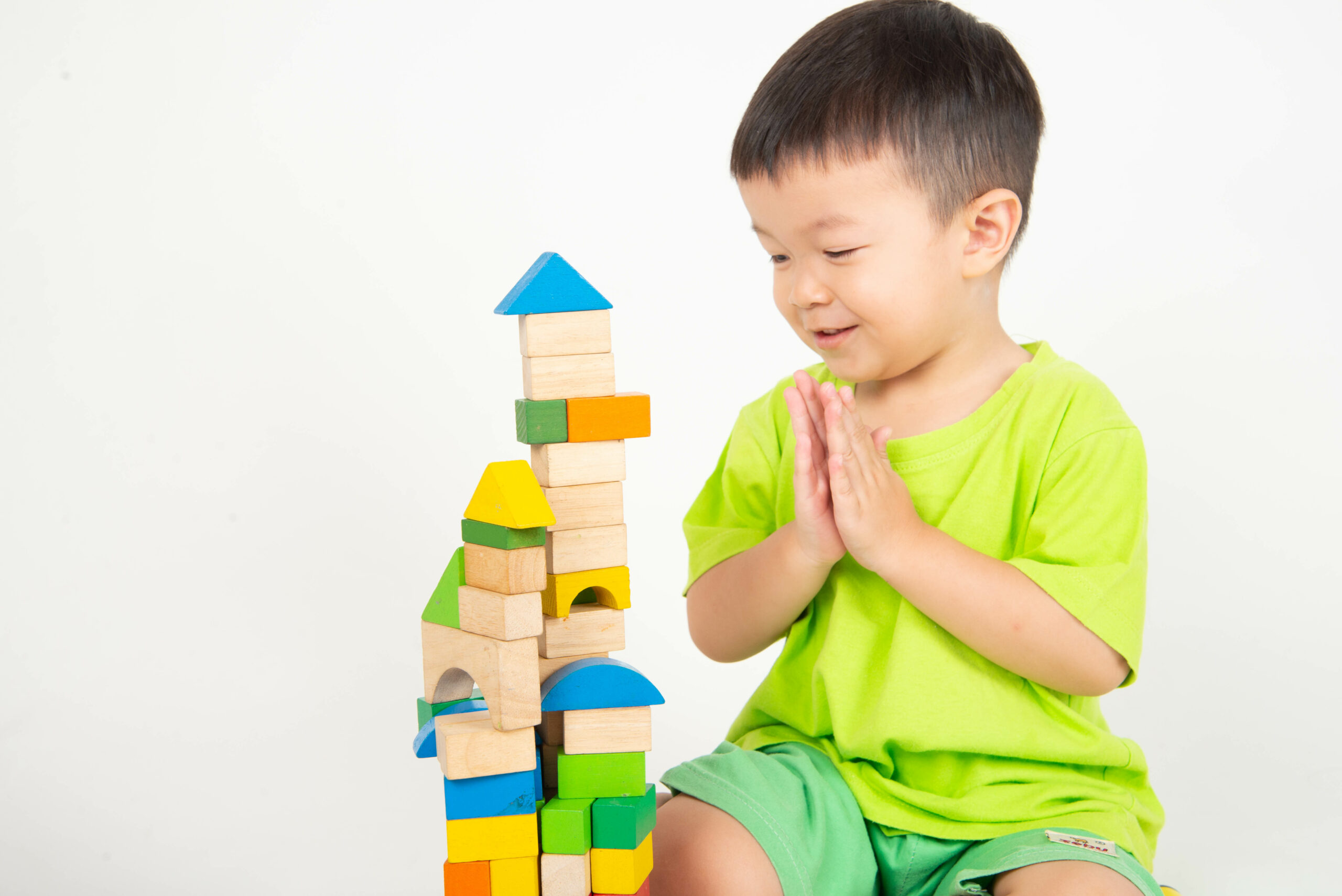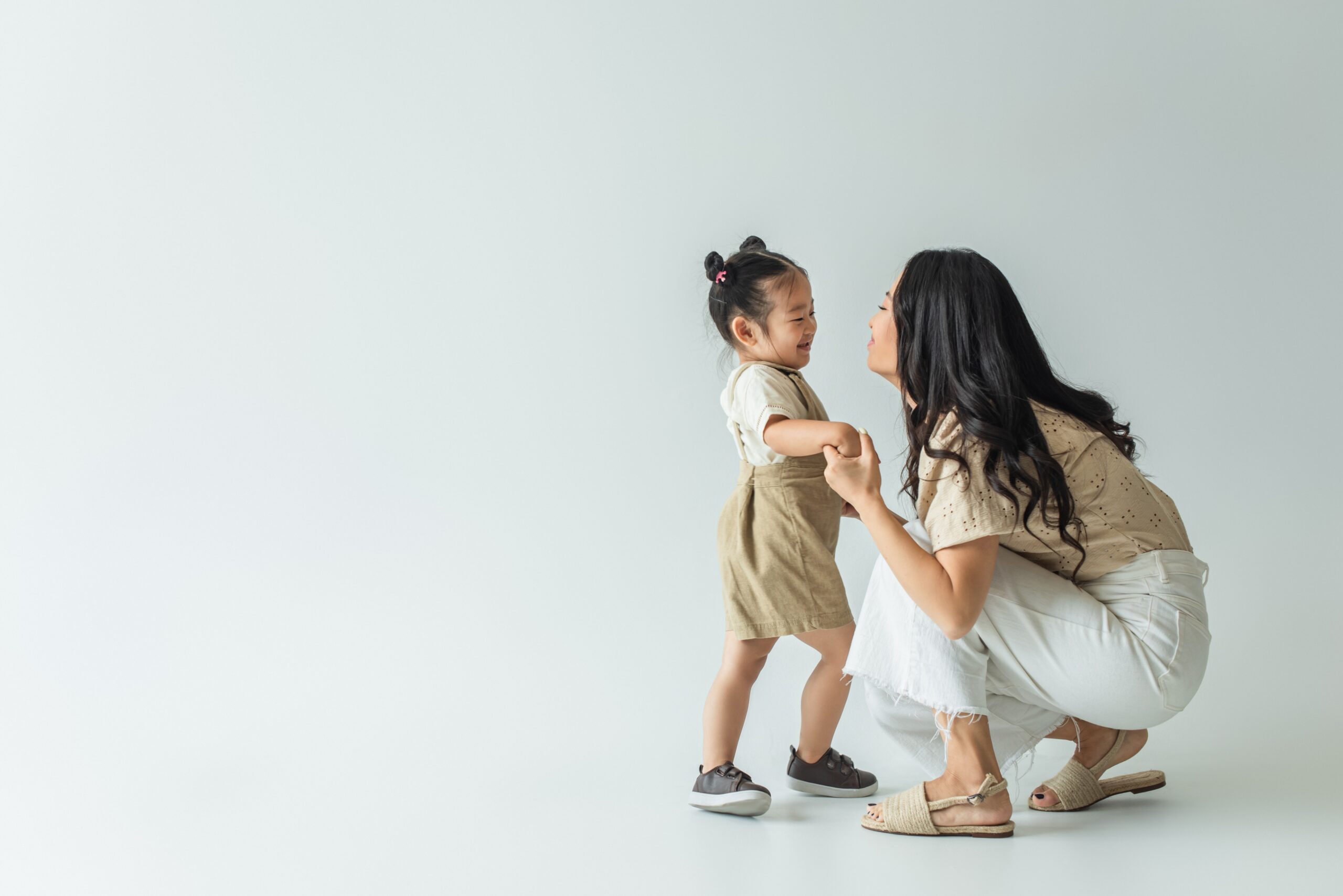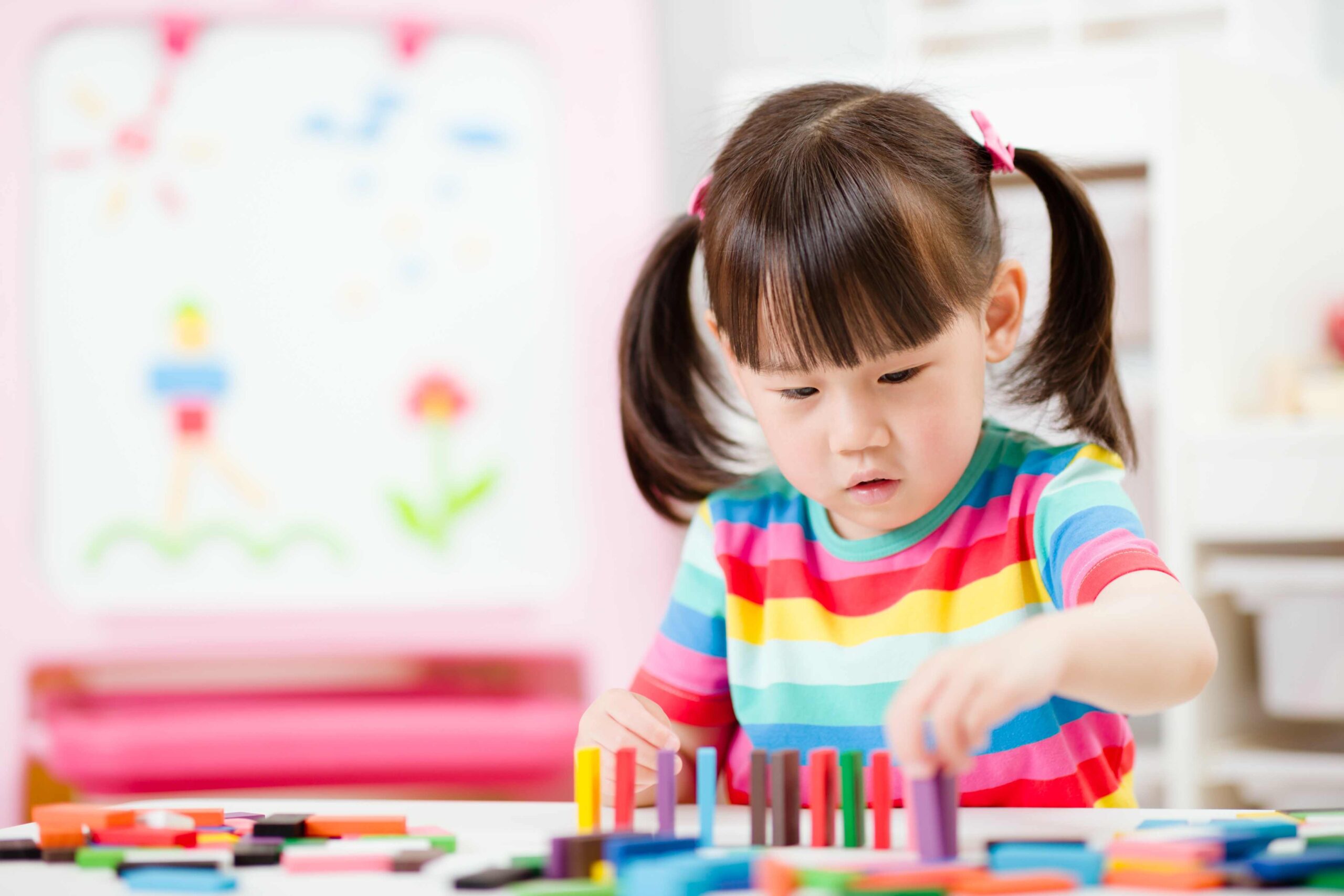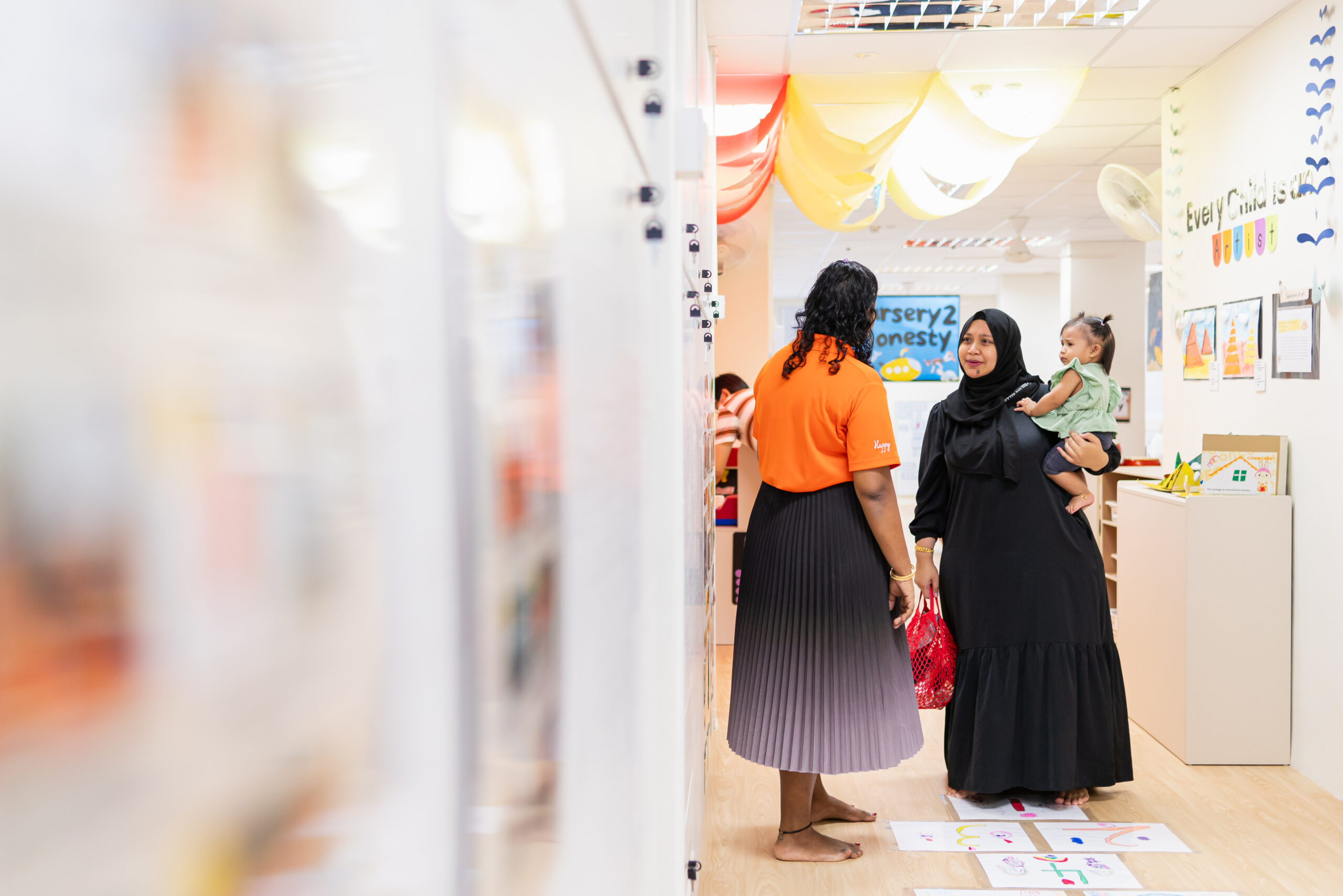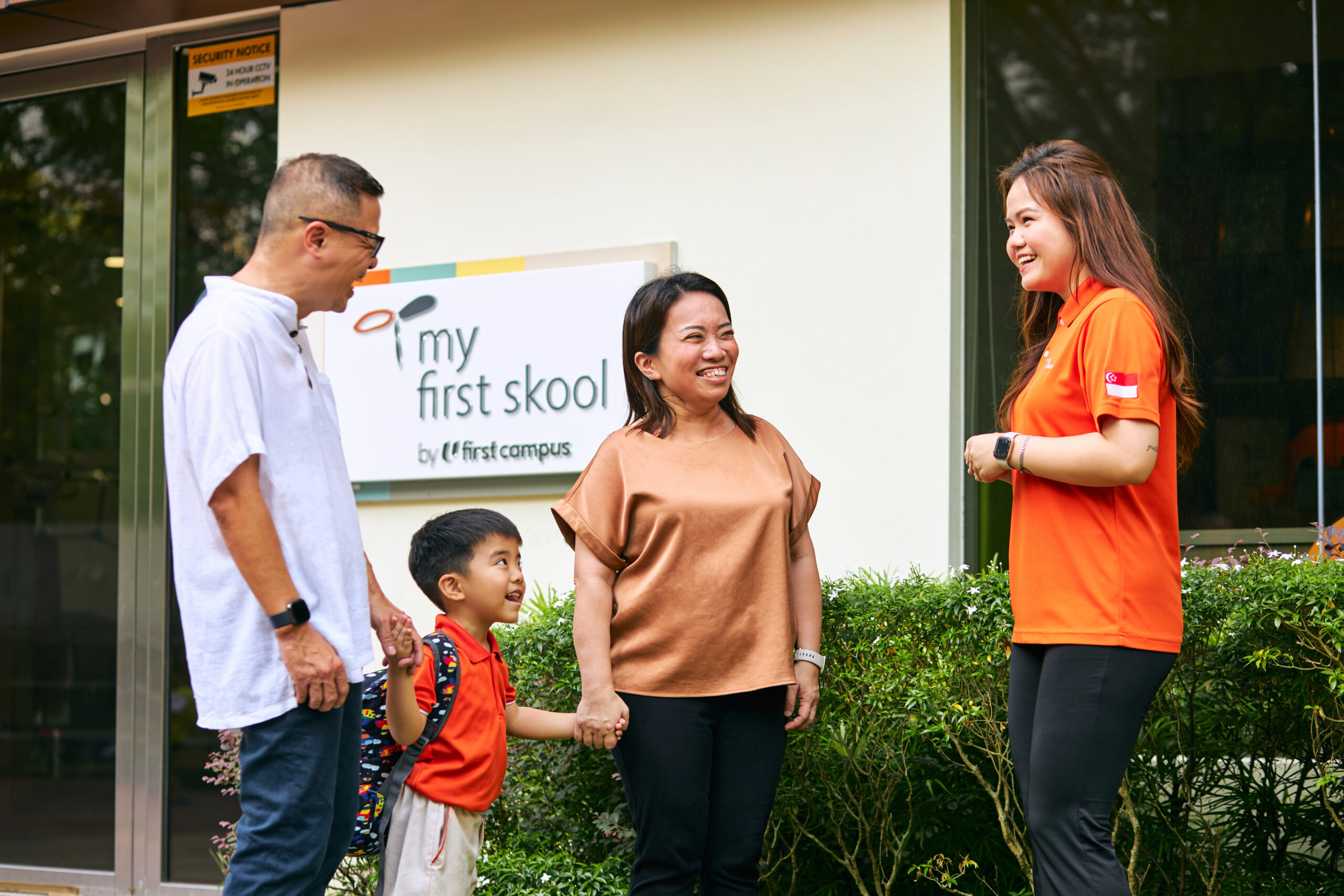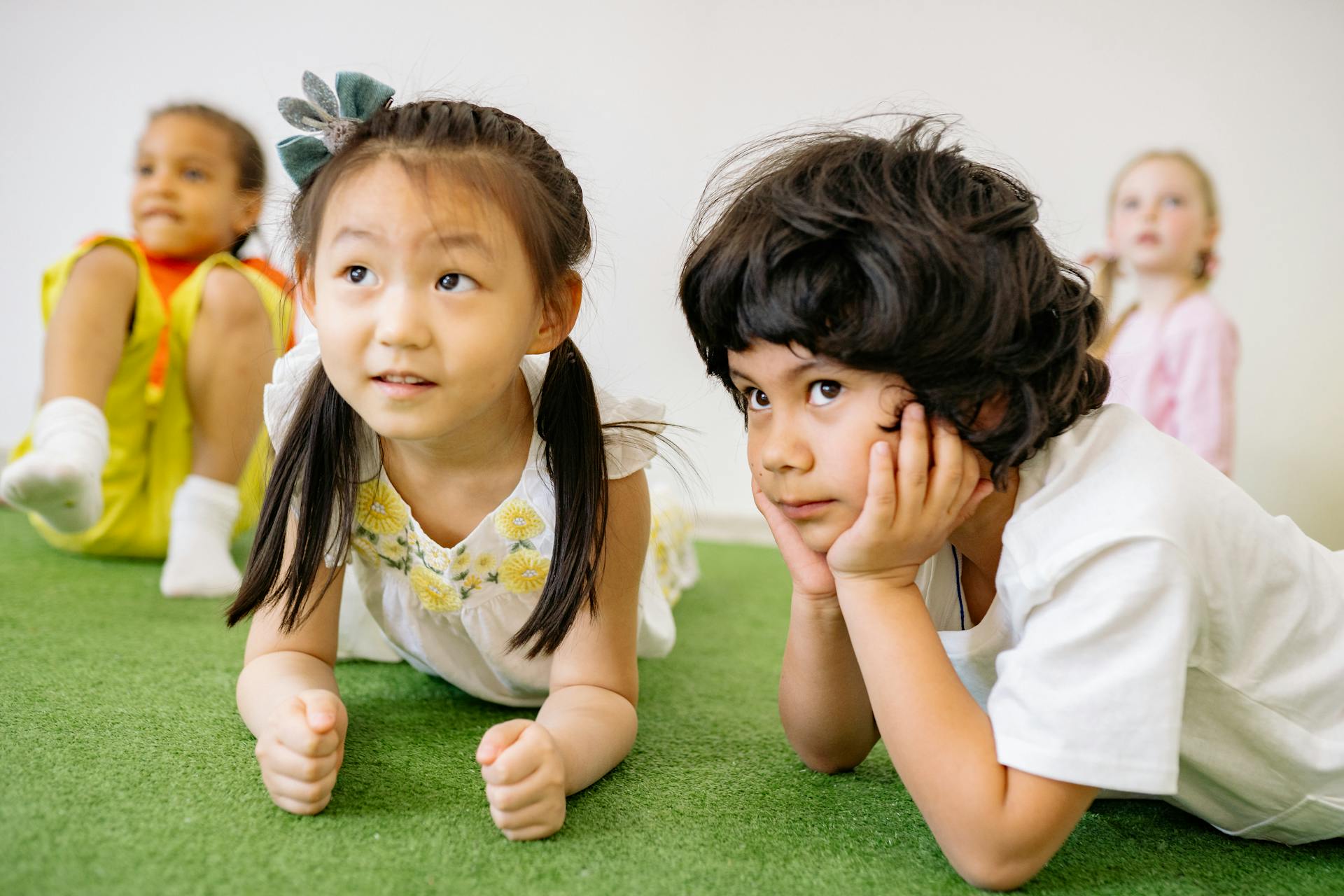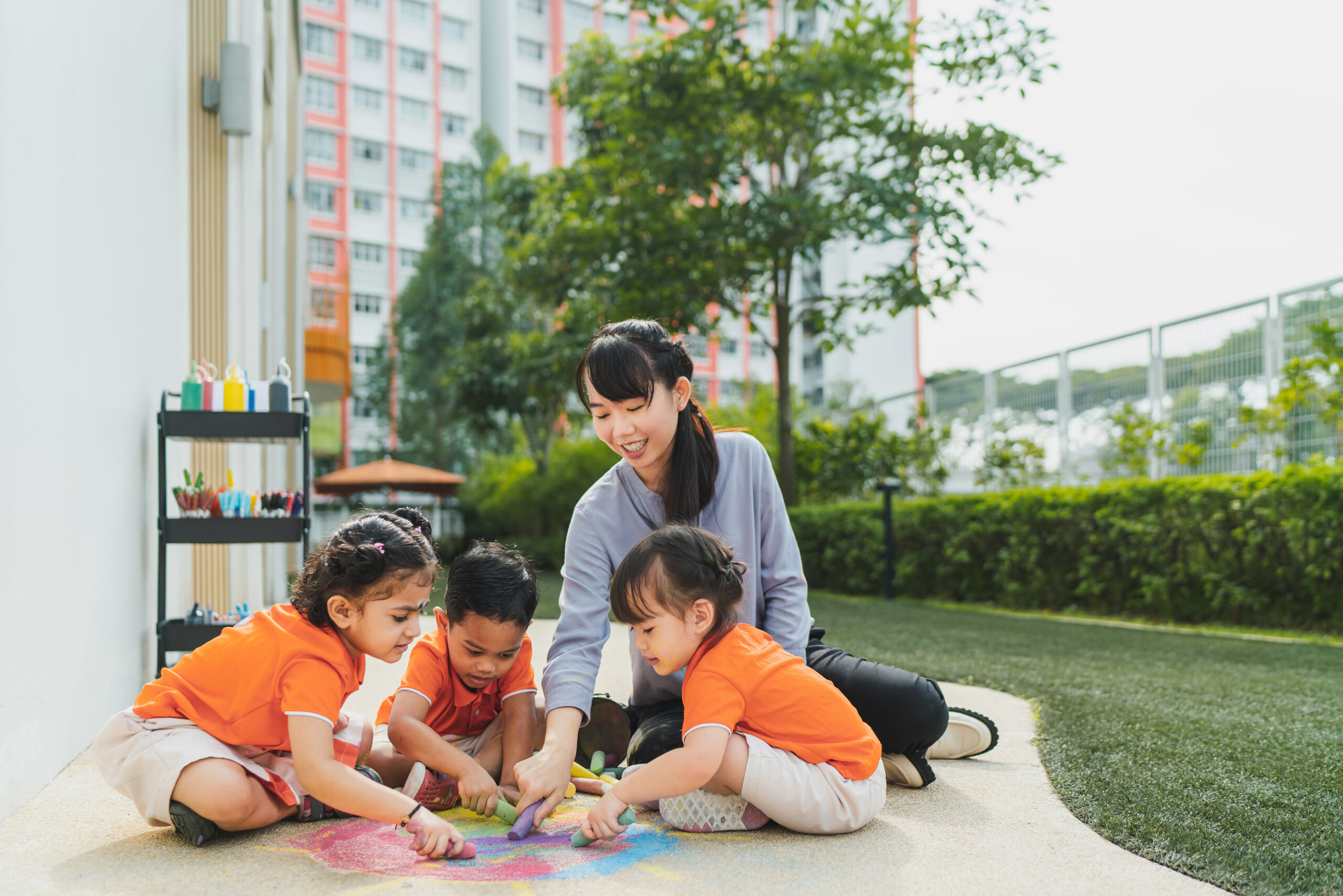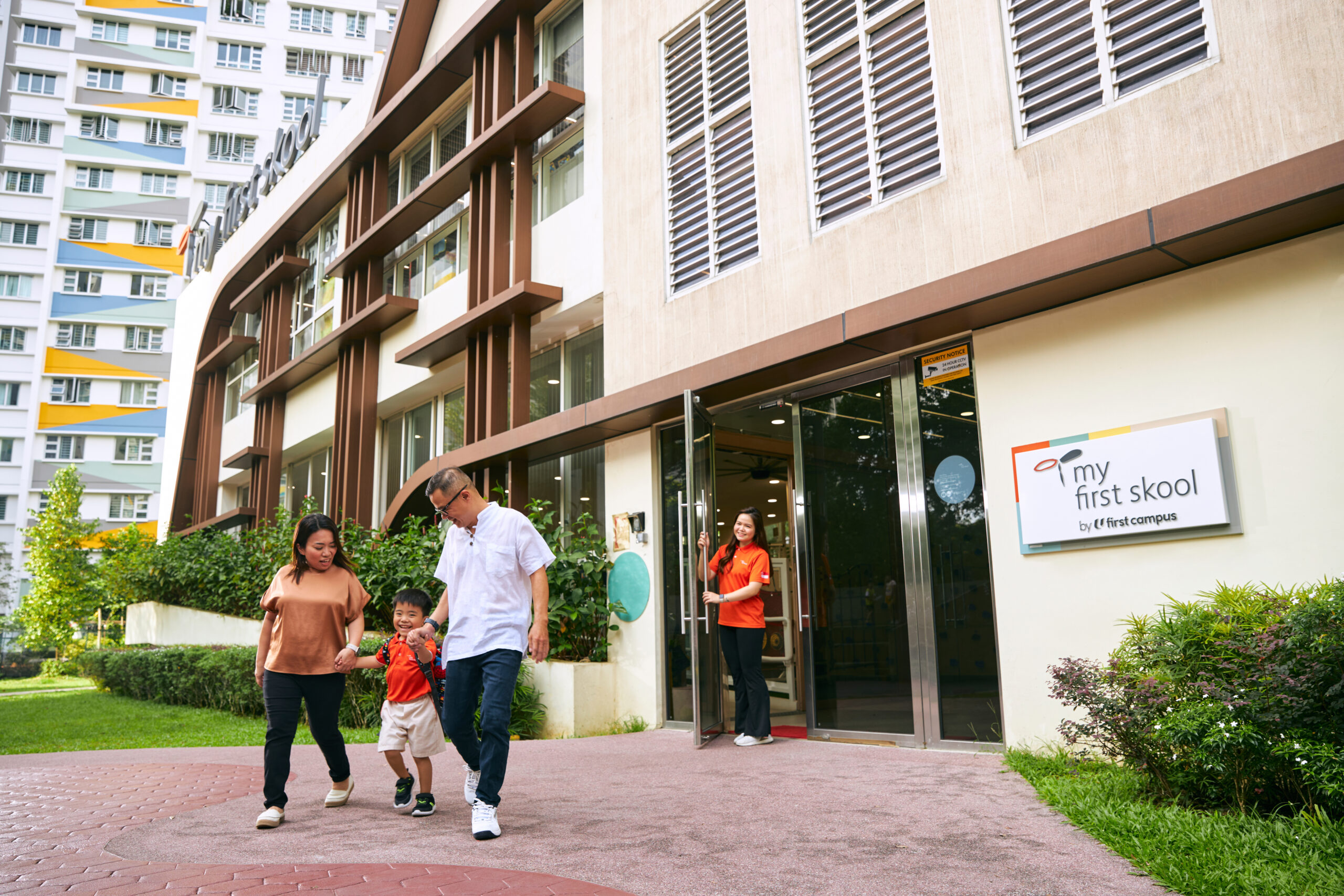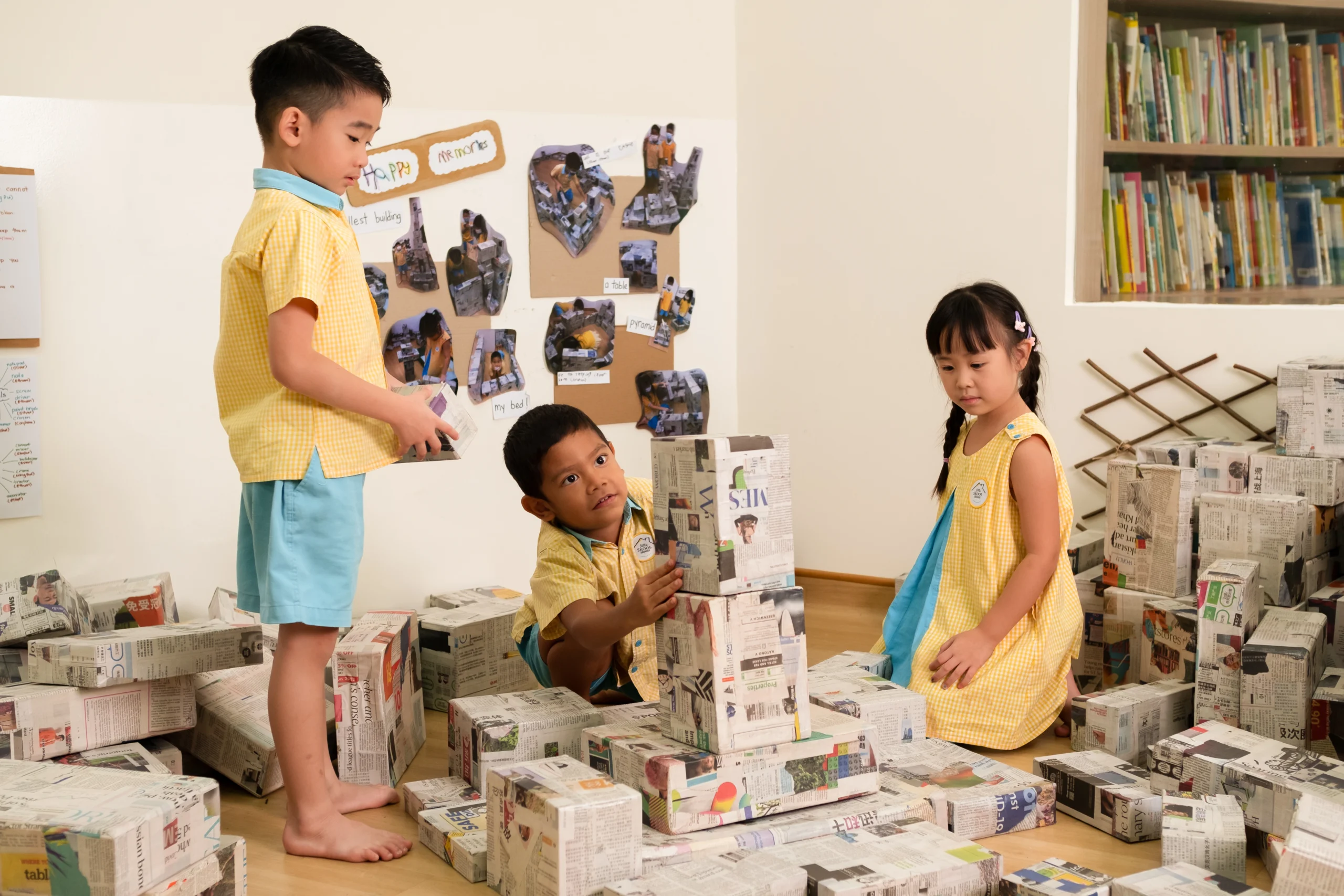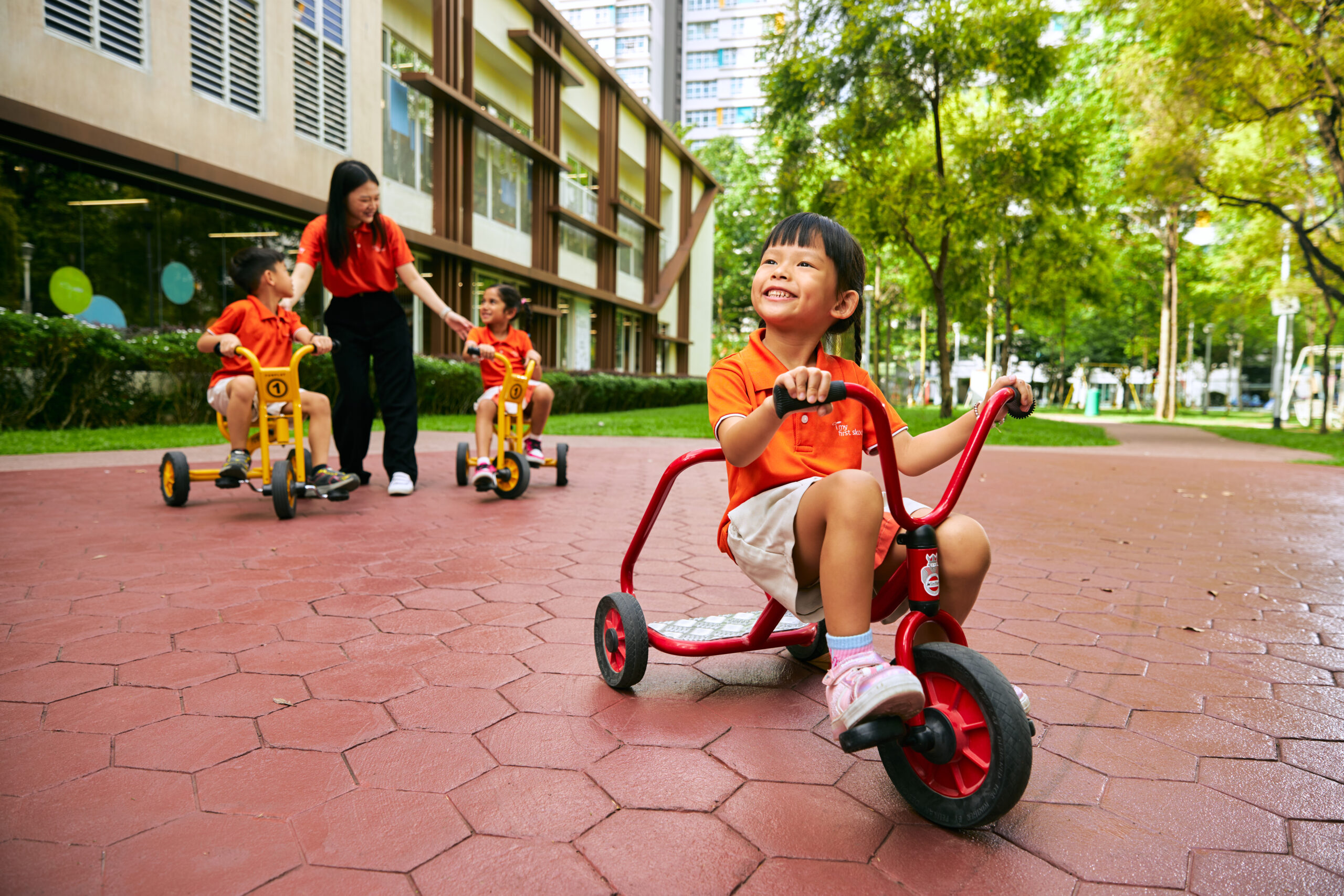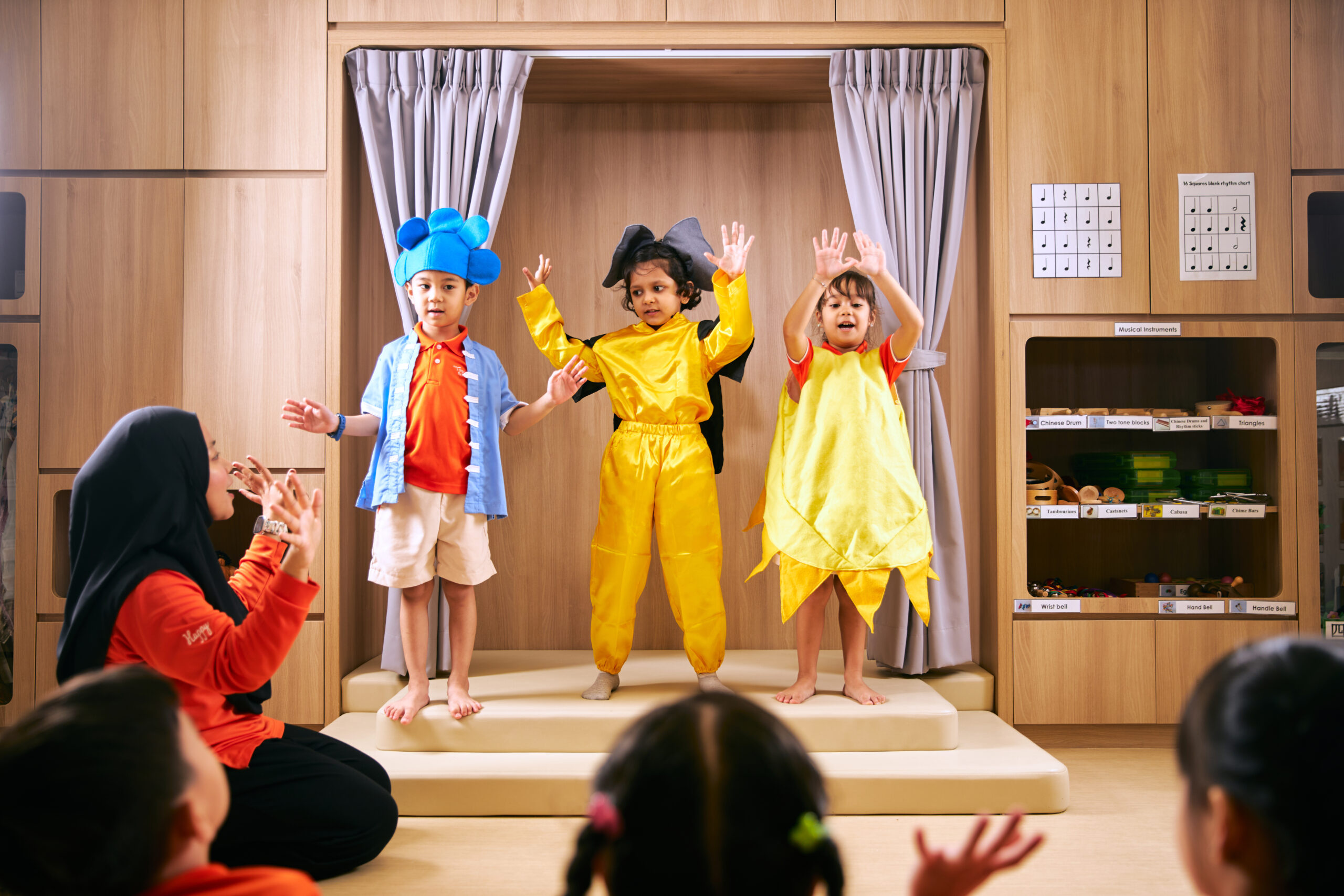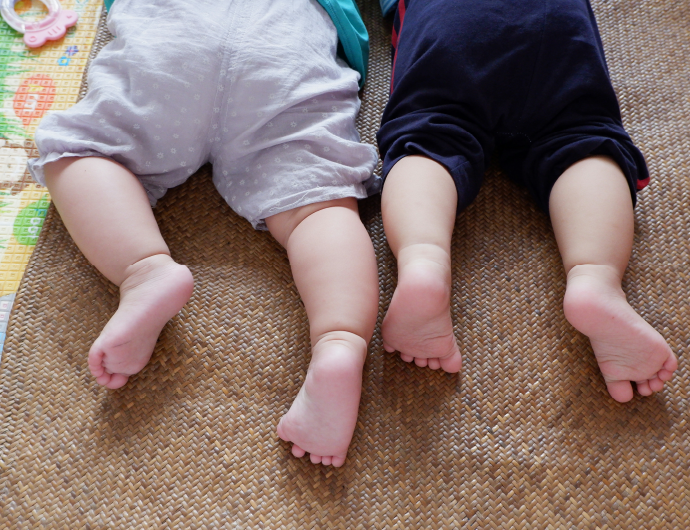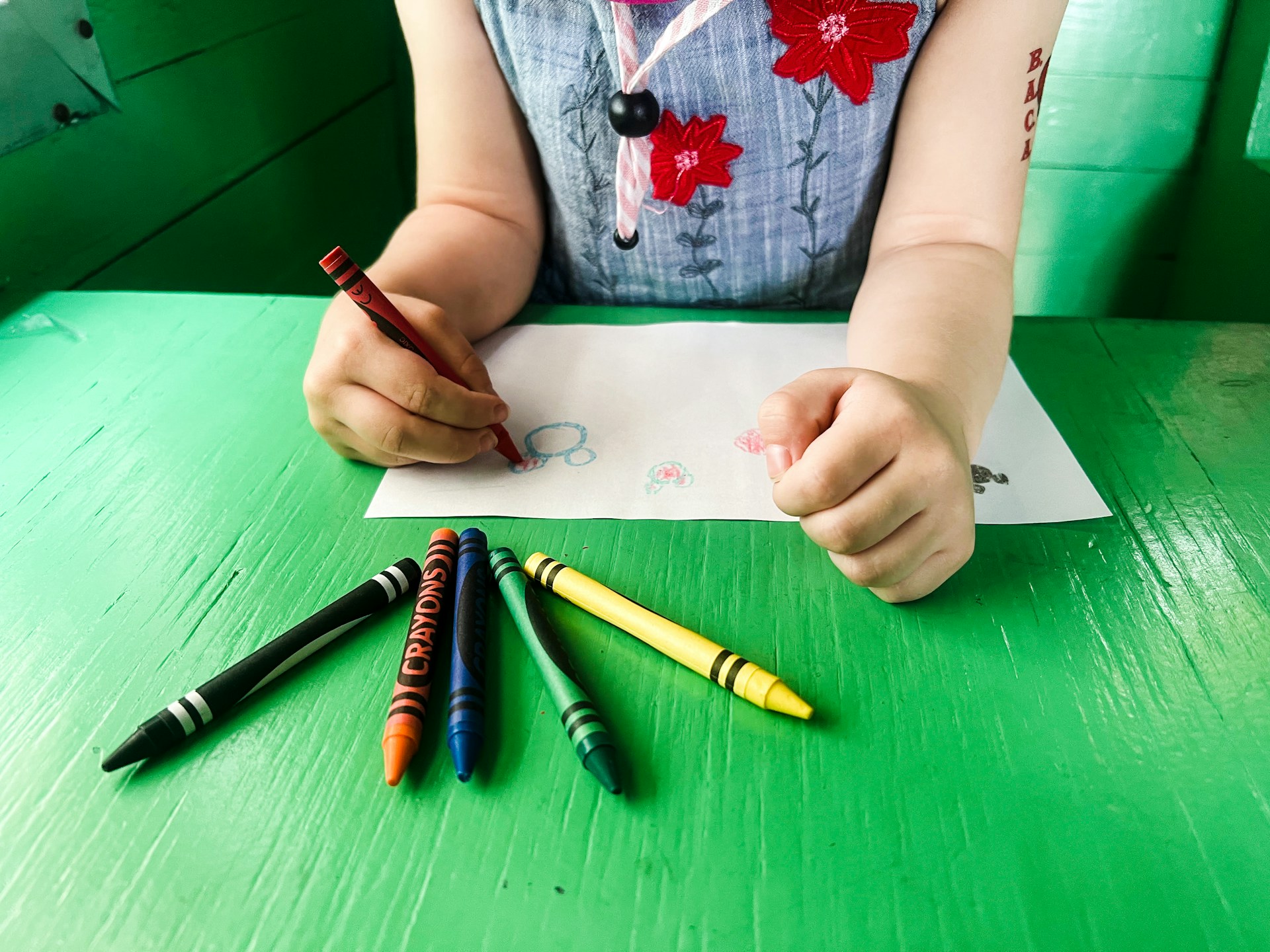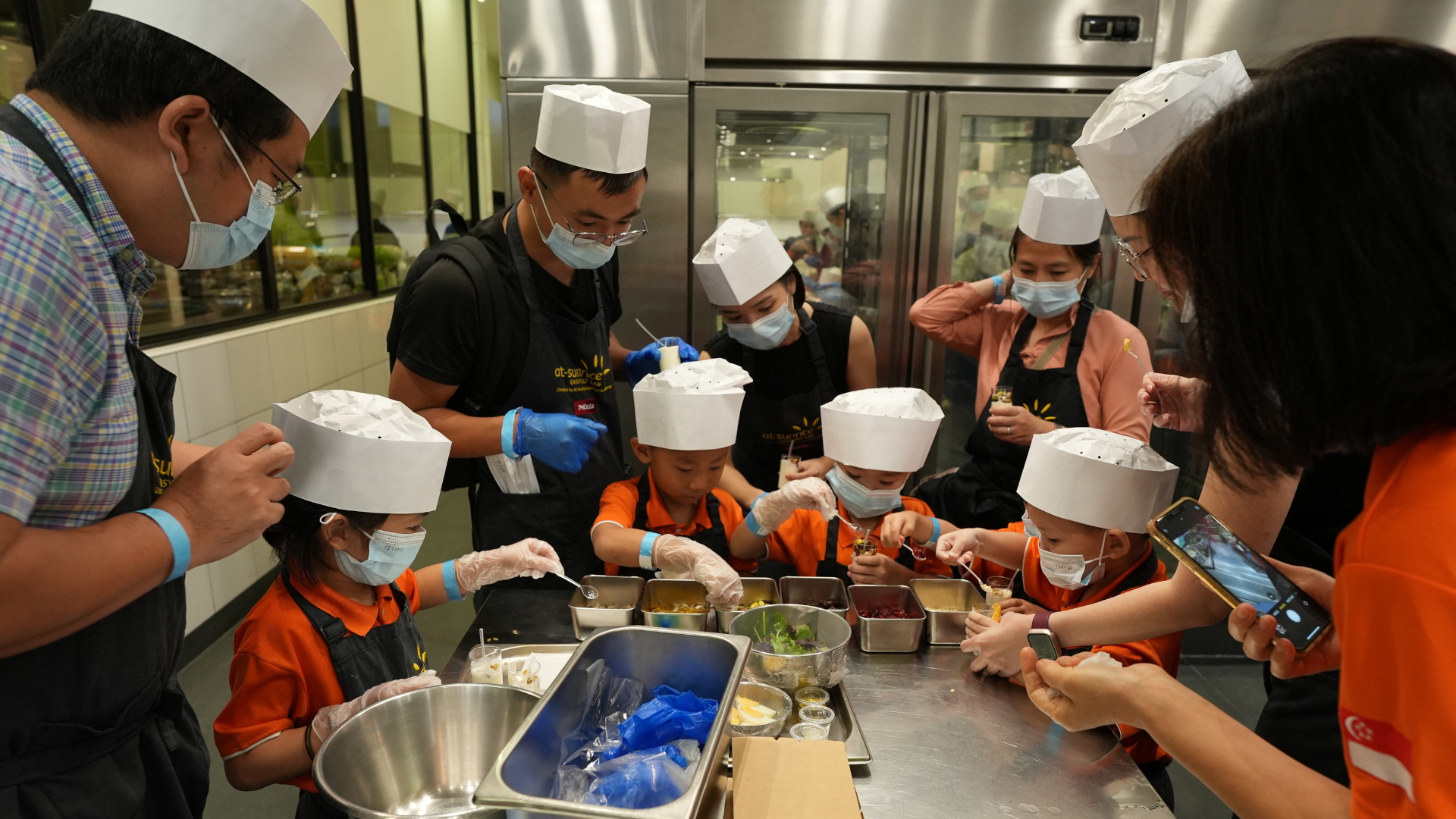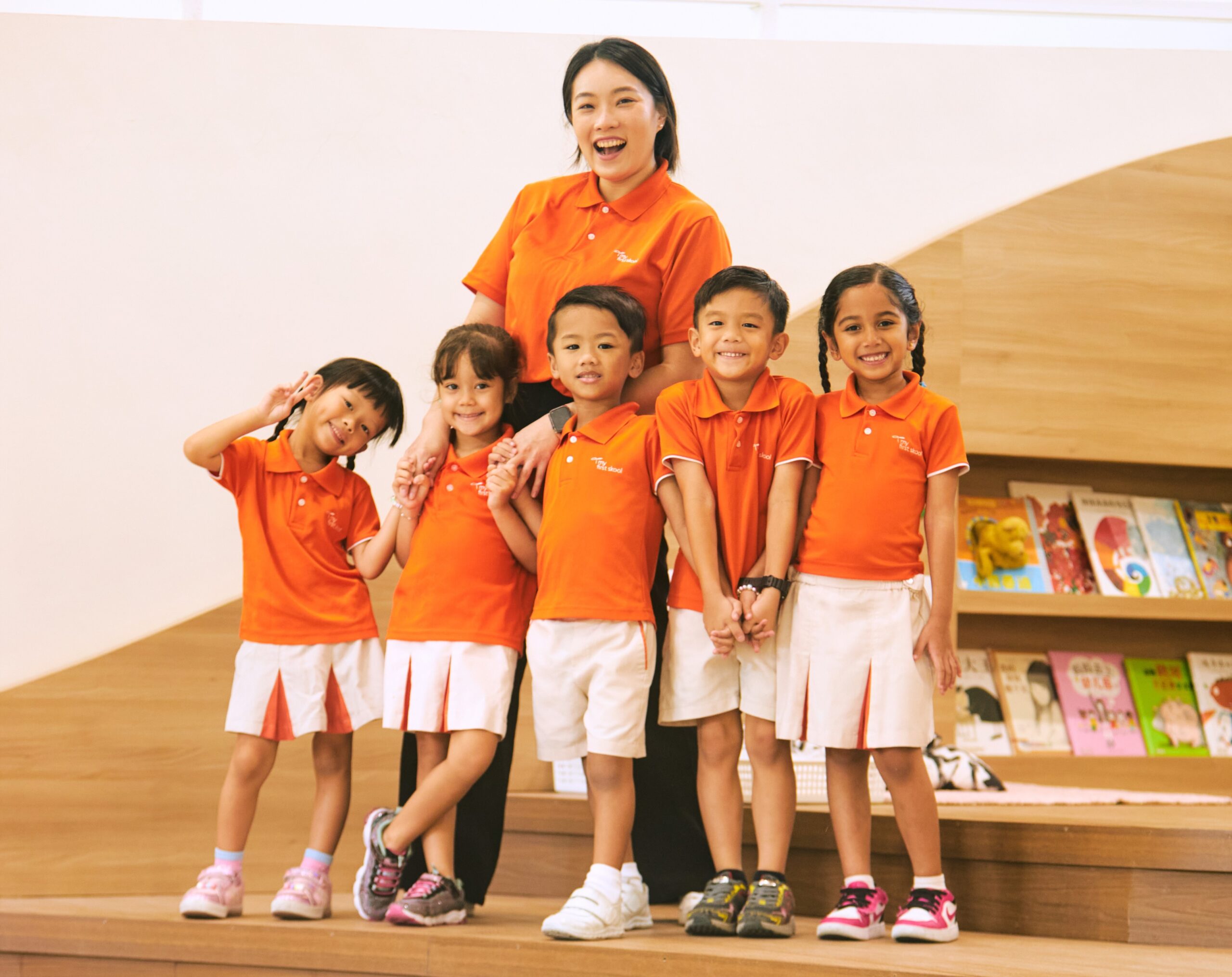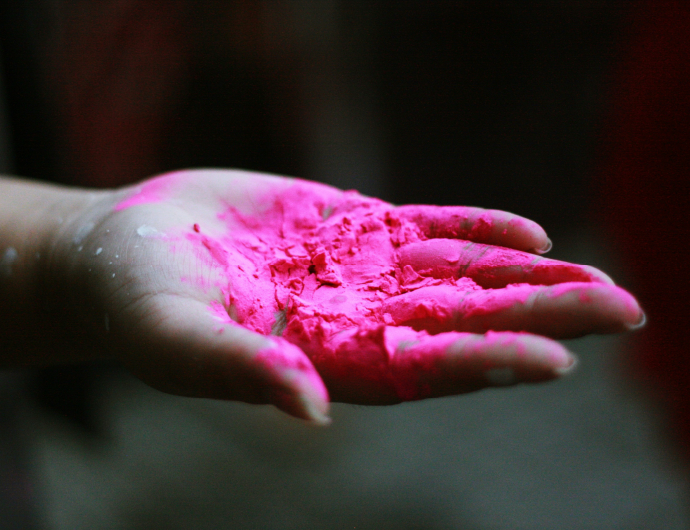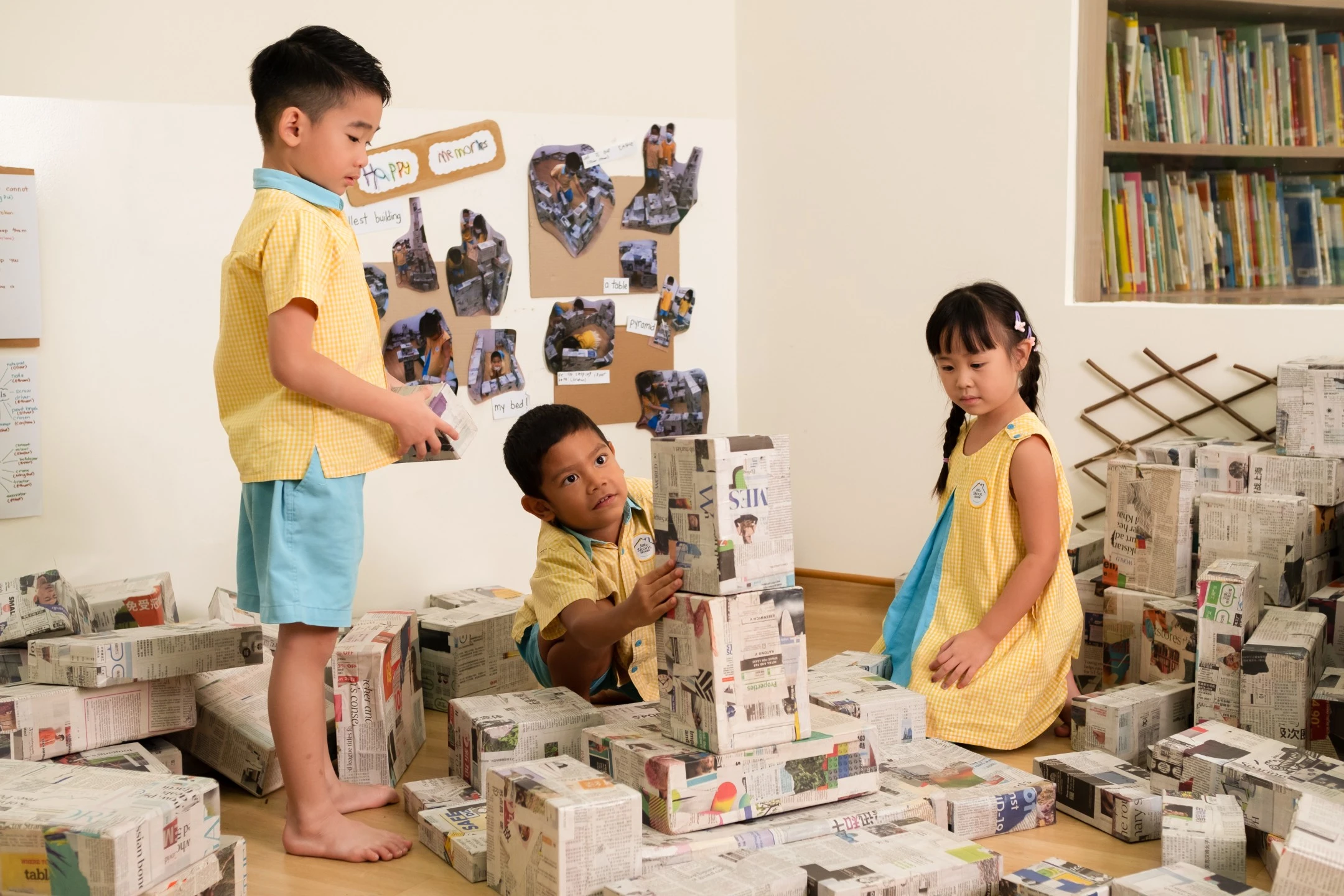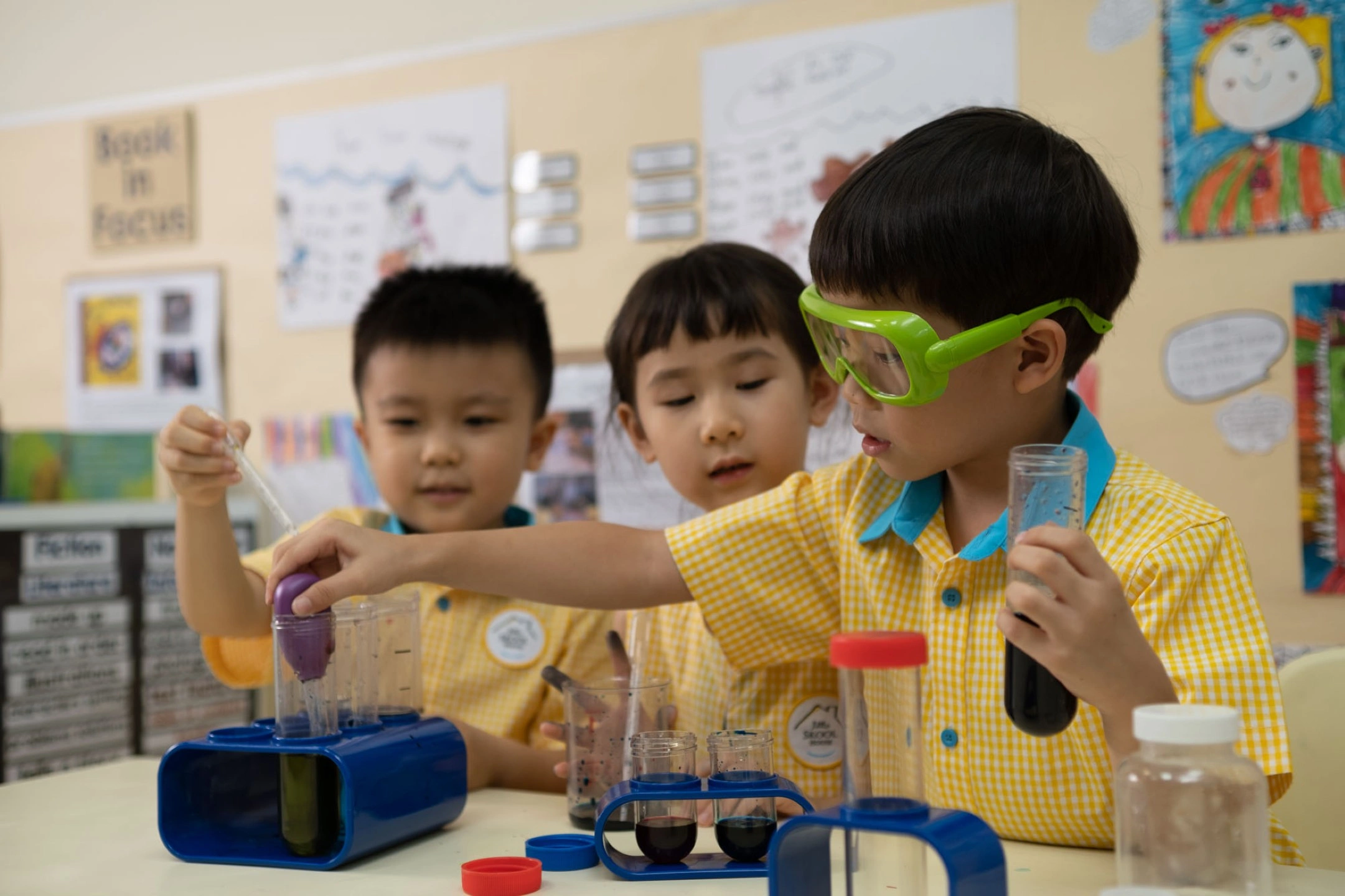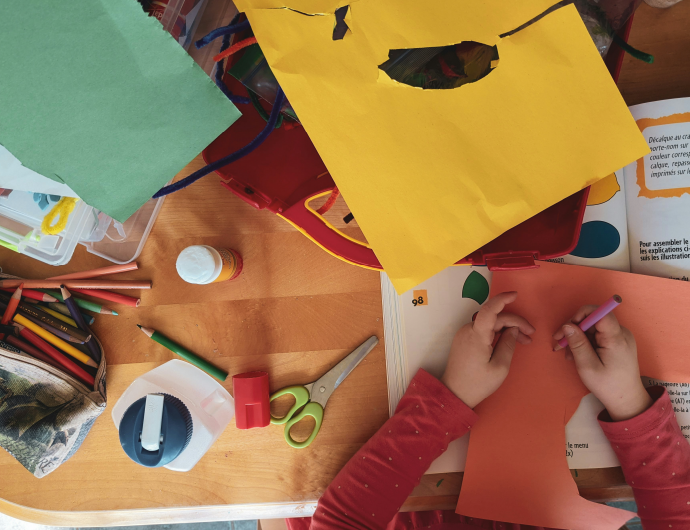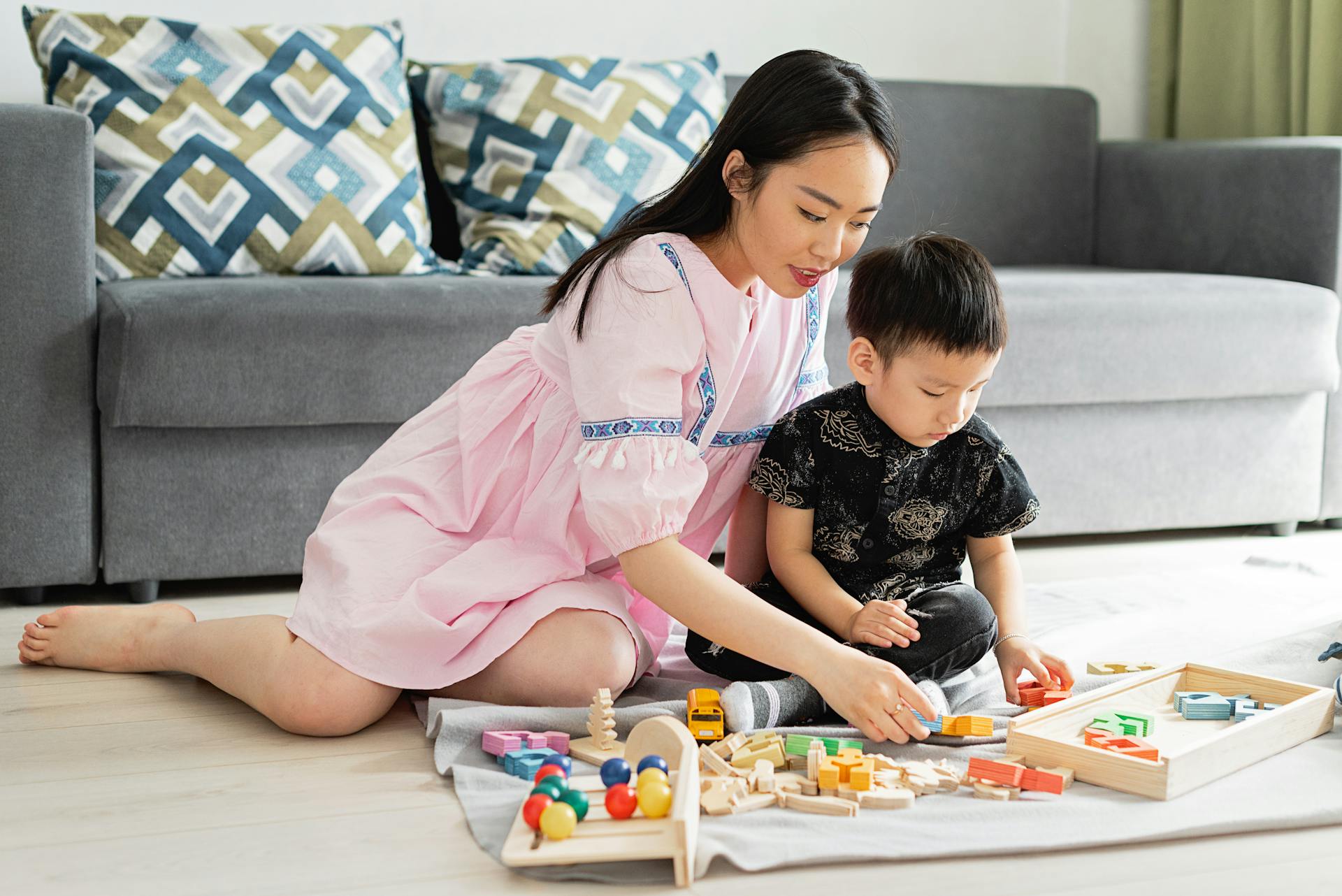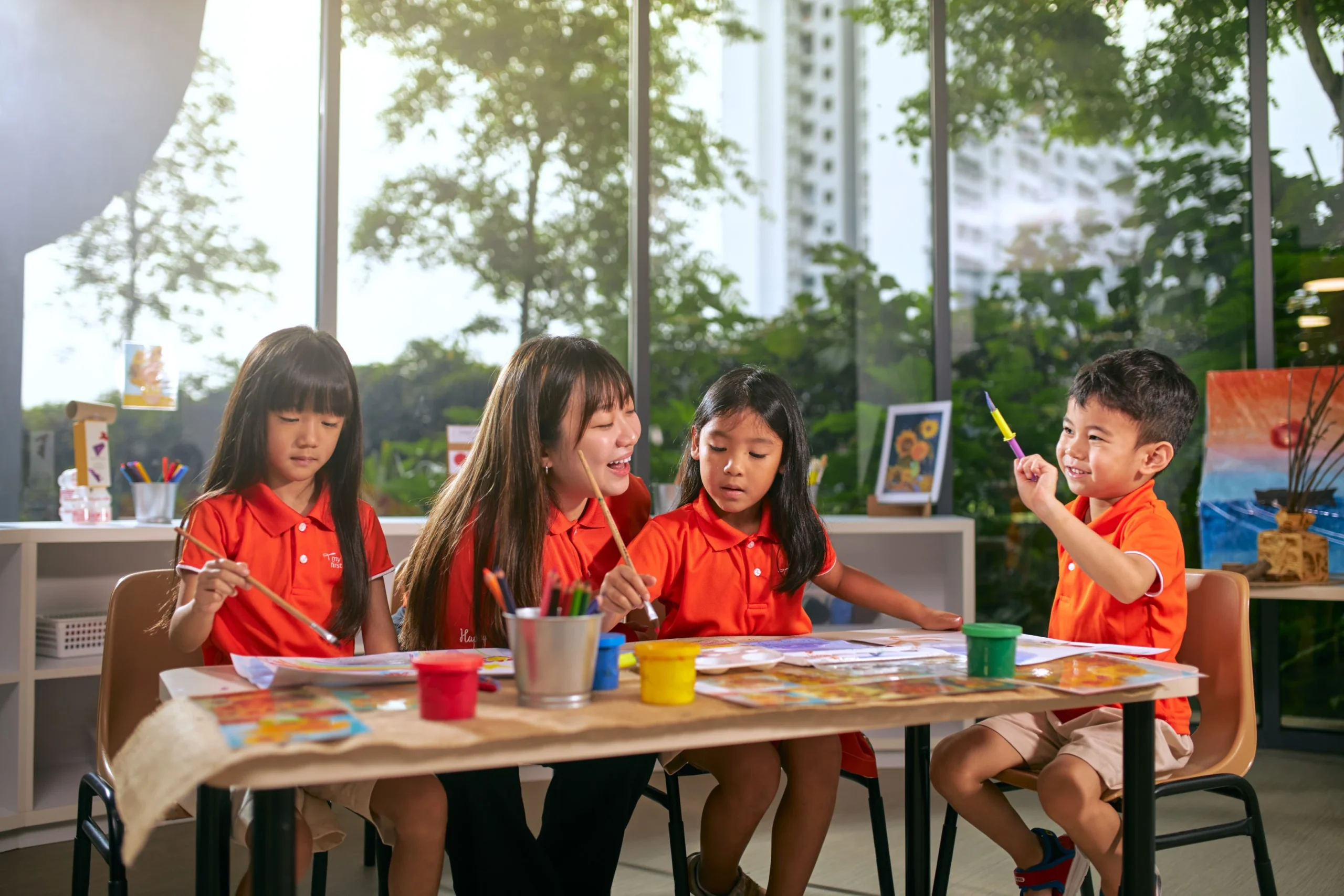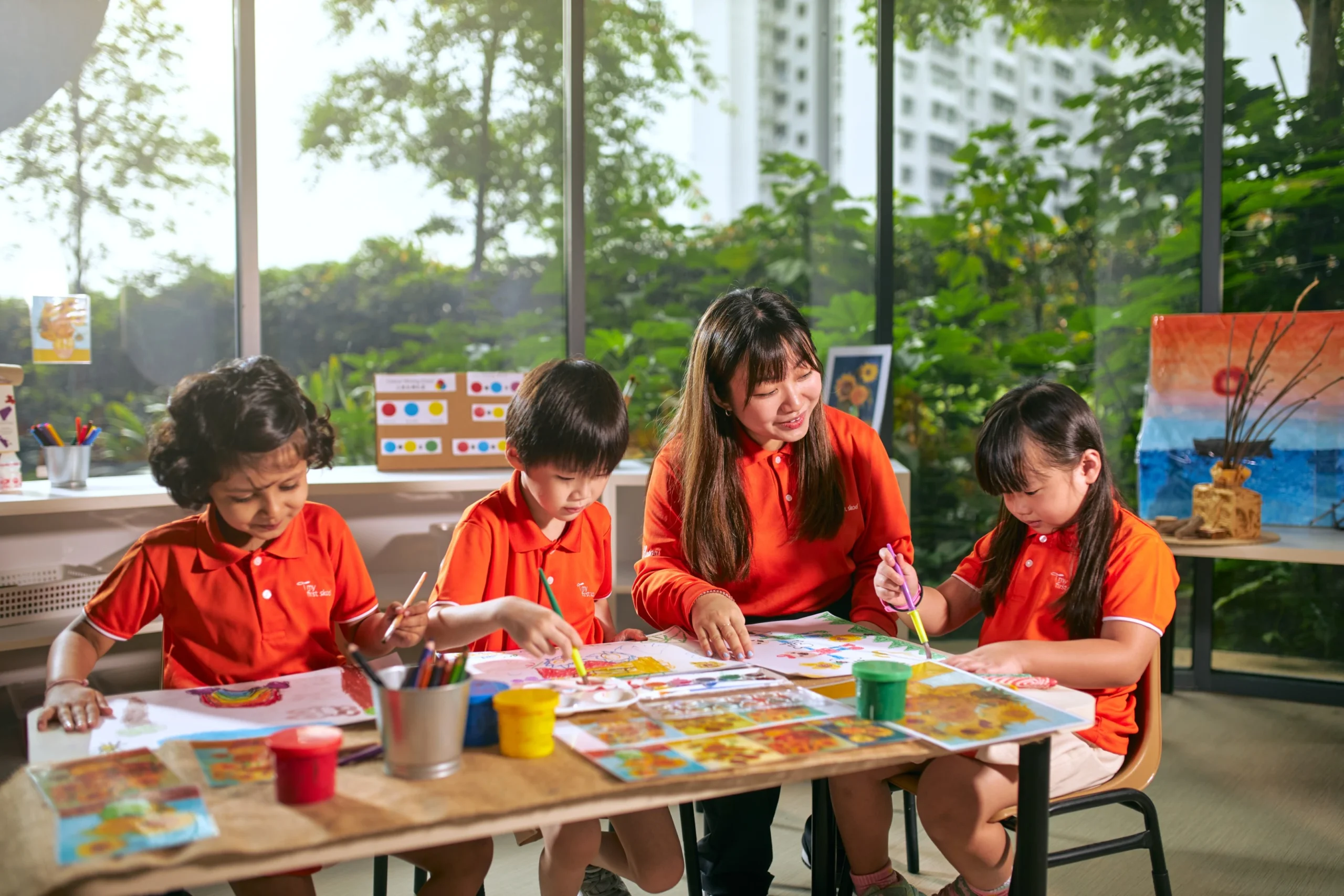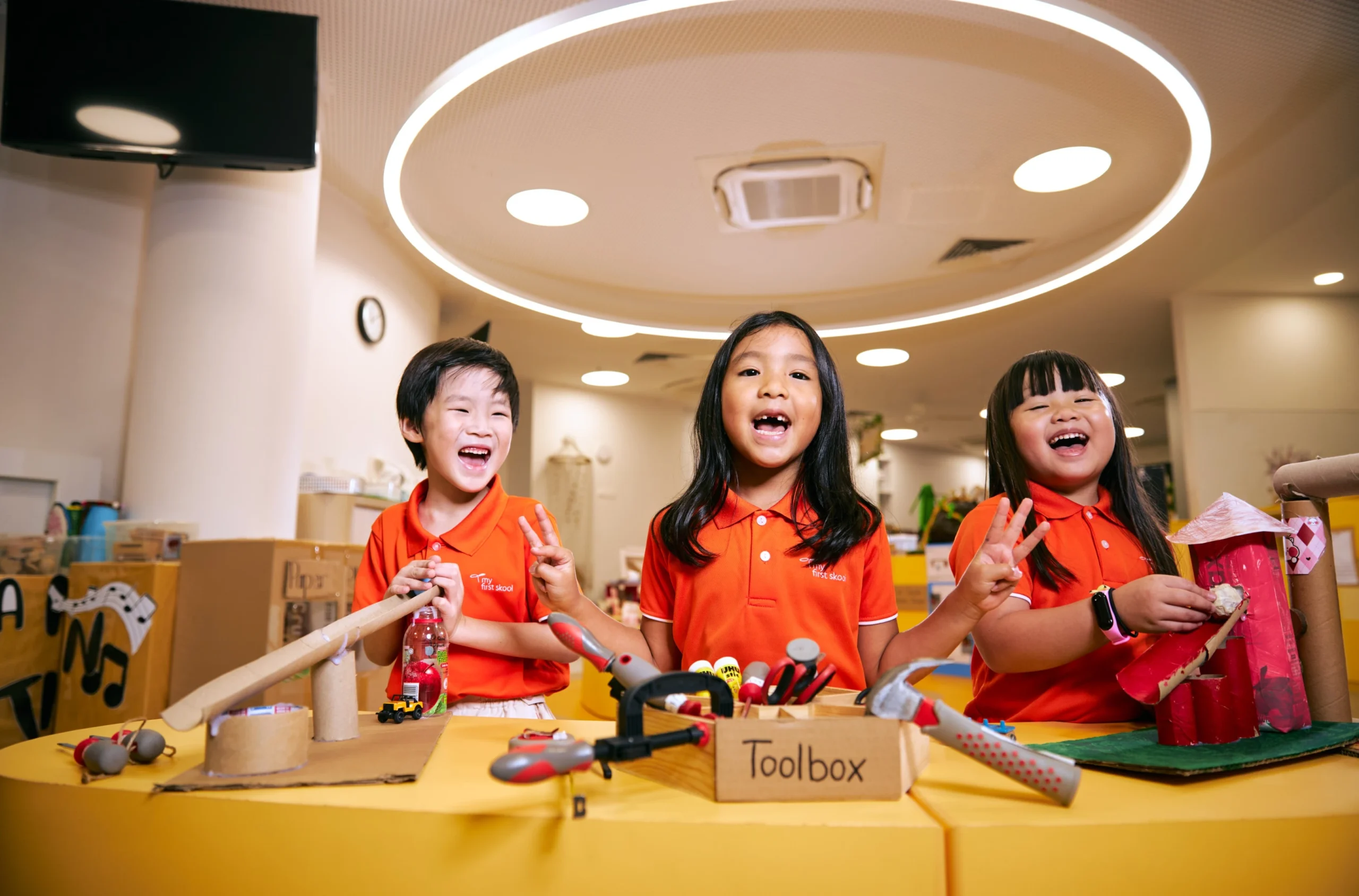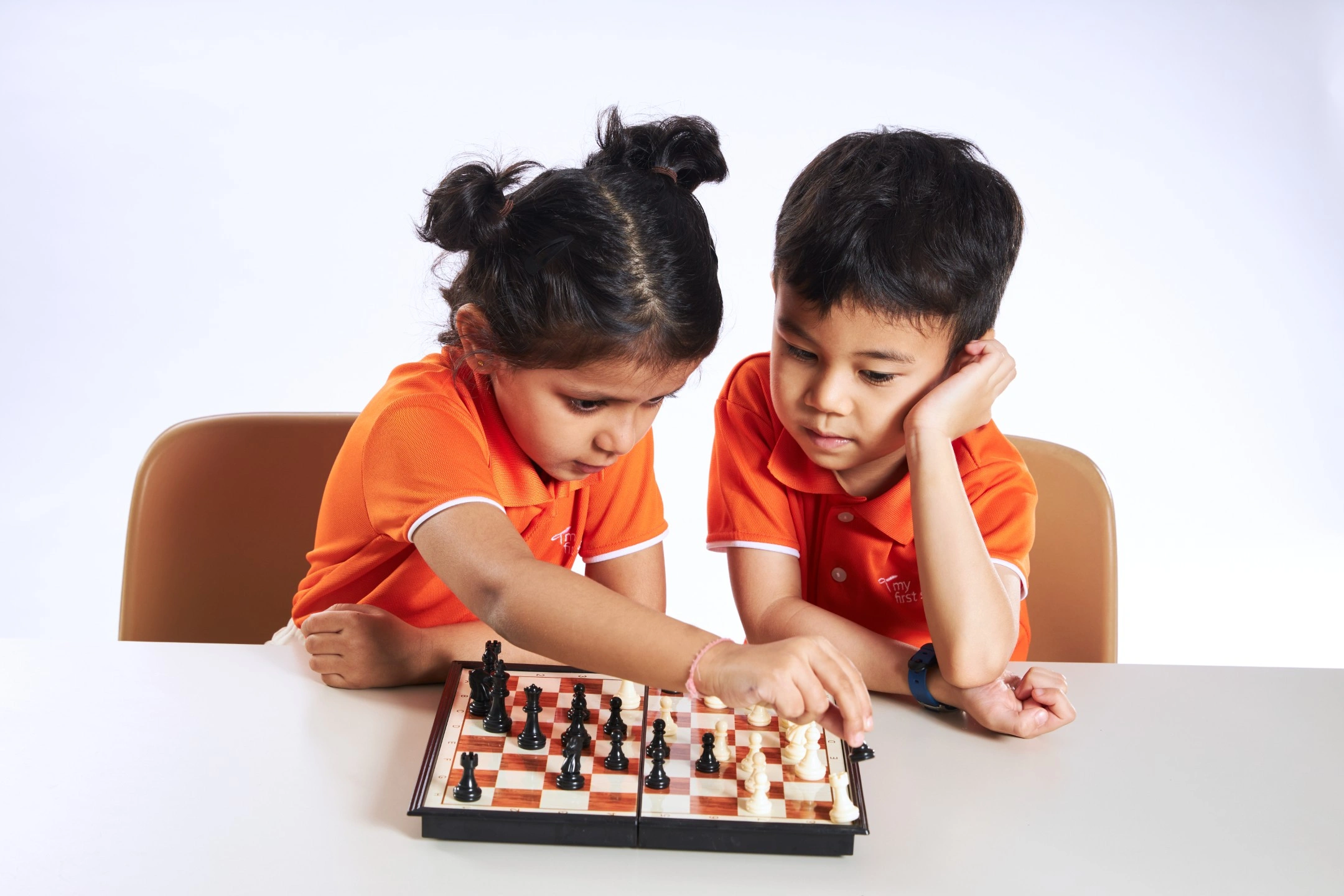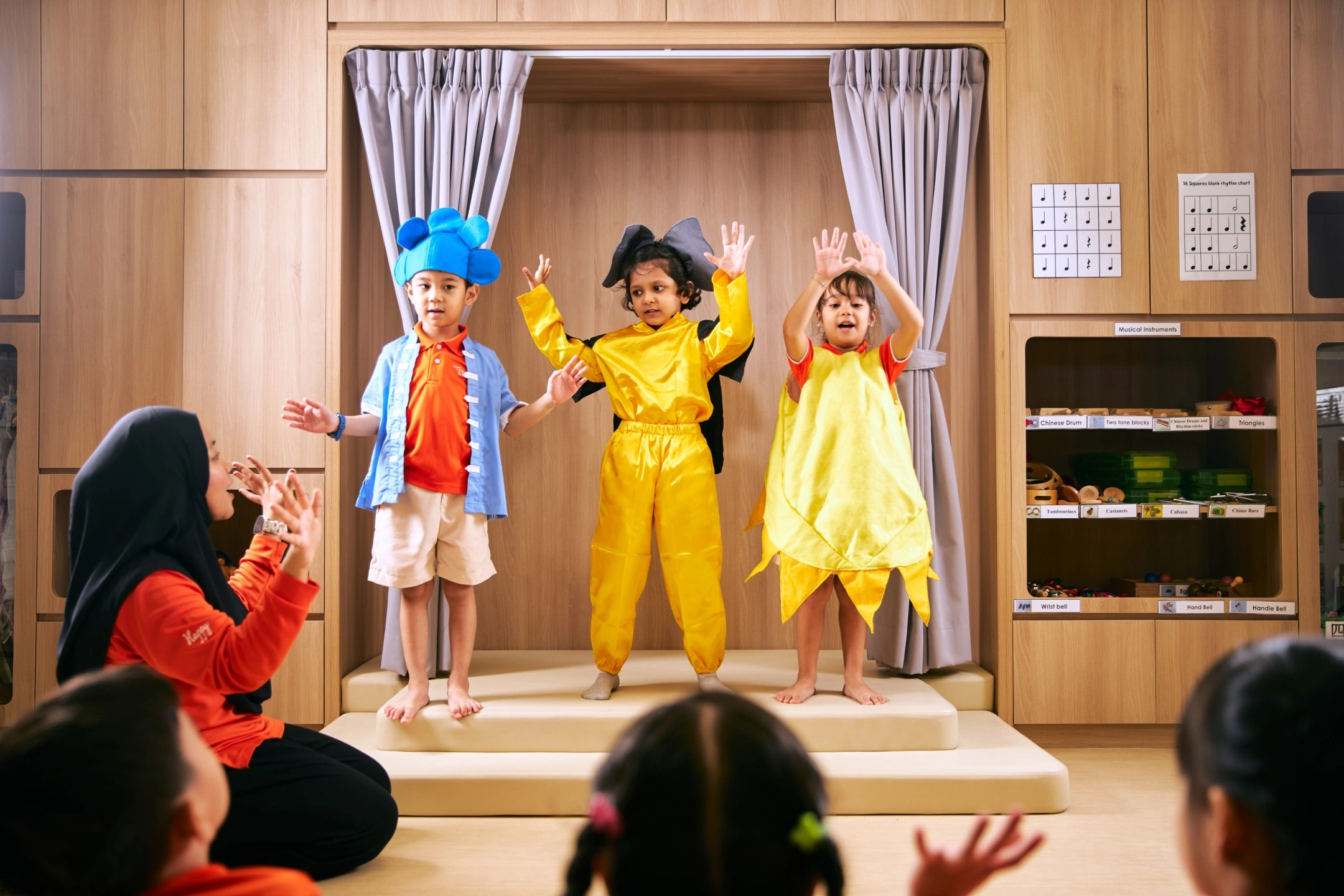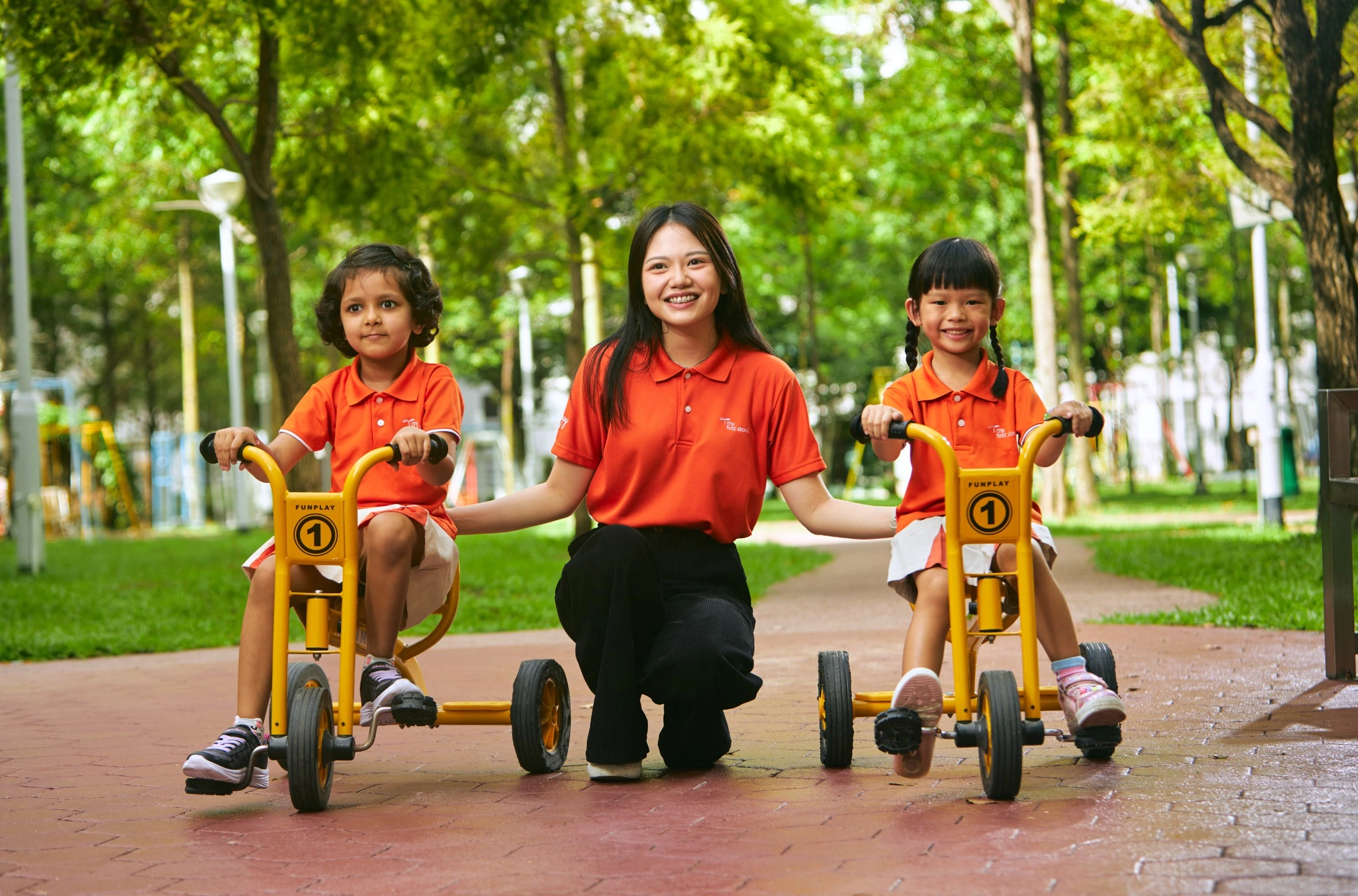How can we help?
Relationships-first education: build bonds, boost learning
Preschool
Relationship-based Curriculum
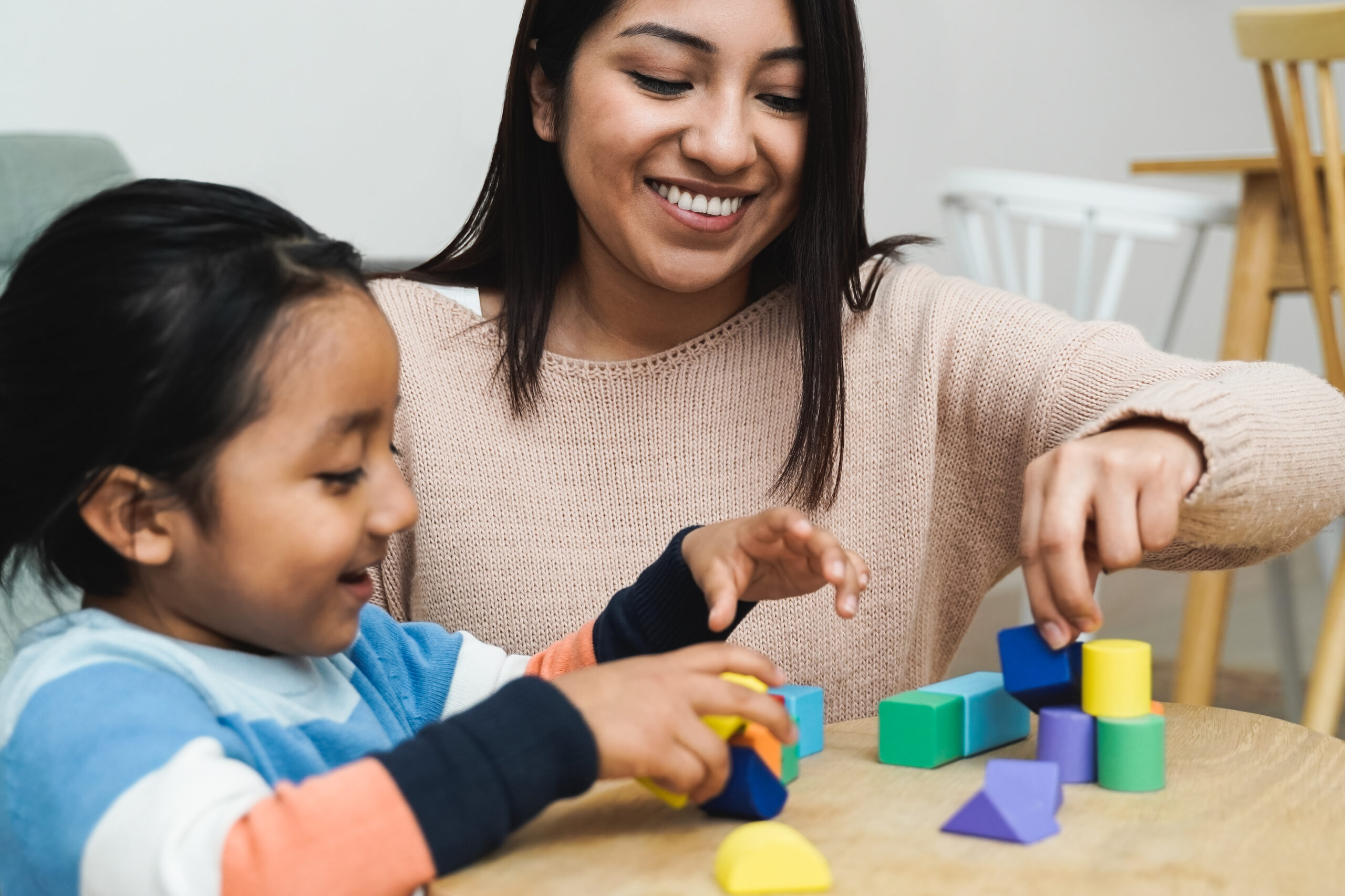
Preschool is a magical time in a child’s life when they are like sponges, absorbing knowledge and experiences rapidly. It’s also a time when building solid foundations for future learning and personal development is crucial.
In this article, we will shed light on the concept of relationship-first education in Singapore, what it entails, and why it’s essential for a child’s early learning journey.
What is relationship-first education?
Relationships-first education is an approach to preschool education that prioritises the establishment and nurturing of meaningful relationships as the foundation of a child’s learning experience.
It goes beyond traditional academic focus and emphasises the importance of emotional and social development. Here’s a closer look at some critical aspects of this approach.
Building emotional intelligence
One of the central tenets of relationship-first education is the focus on emotional intelligence. Emotional intelligence involves understanding and managing emotions and relating to others with empathy and sensitivity.
In a preschool setting, this means creating an environment where children can express their feelings, recognise emotions in themselves and others, and develop the skills to navigate social interactions effectively.
Through close relationships with both teachers and peers, children have the opportunity to practise these essential emotional skills. Teachers attuned to their students’ emotional needs can provide guidance and support when children face emotional challenges, helping them develop resilience and self-regulation.
As children learn to understand and express their feelings, they become better equipped to navigate the complexities of human relationships, which is a lifelong skill.
Enhancing cognitive development
While relationship-first education emphasises social and emotional development, it doesn’t neglect cognitive development. It recognises that strong emotional bonds and a secure attachment to caregivers provide a solid foundation for mental growth. When children feel safe, loved, and supported, they are more receptive to learning.
Preschools in Singapore that prioritise relationships-first education implement play-based learning and exploration. These activities enhance cognitive skills like problem-solving, creativity, and critical thinking while doing so within the context of positive relationships.
For example, children engaged in group play and projects learn cooperation, negotiation, and communication, all essential cognitive and social skills.
Boosting confidence and self-esteem
Confidence and self-esteem are critical components of a child’s self-concept. Relationships-first preschool education is pivotal in building a child’s confidence by recognising and celebrating their individuality. When teachers and peers appreciate and support a child’s efforts, it fosters a sense of self-worth and a belief in their capabilities.
A nurturing educational environment encouraging children to take risks, make choices, and learn from their experiences can boost their self-esteem. It helps them develop a growth mindset, where they see challenges as opportunities for growth rather than threats to their self-worth.
Encouraging curiosity and exploration
Children are naturally curious, and relationships-first education harnesses that curiosity as a powerful learning driver. By fostering a preschool environment where children feel secure and encouraged to explore, ask questions, and make discoveries, this approach kindles a lifelong love for learning.
Teachers play a critical role in nurturing curiosity by responding to children’s interests and inquiries. When children feel their questions are valued and their exploration is supported, they become more engaged and motivated. The emphasis is on the learning process rather than just the results.
Strengthening parent-teacher partnership
In relationship-first education, parents are vital partners in a child’s educational journey. Open and consistent communication between preschool teachers and parents fosters a collaborative approach to a child’s development. This partnership can include sharing insights on a child’s personality, preferences, and strengths, as well as discussing strategies for addressing any challenges.
When parents take a proactive role in their learning and feel connected with the preschool, it creates a holistic support system for the child. This partnership ensures that the child’s emotional and educational needs are consistently met, both at school and at home.
Nurturing relationships in preschool education
So, how is relationship-first education practically implemented in a preschool setting? Here are some strategies and practices that My First Skool employs to nurture relationships in education.
Small class sizes
Smaller class sizes allow more space for personalised attention and stronger teacher-child relationships. With fewer students to attend to, our teachers can better understand each child’s unique needs and tailor their approach accordingly.
Responsive teachers
We train our teachers to be responsive educators. Teachers who are attuned to children’s emotions and needs can better support them by actively listening, showing empathy, and building trust and close bonds.
Promoting play-based learning
Play is a child’s natural way of learning, and it is through play that they form relationships with their peers. My First Skool adopts play-based learning using the PETAL pedagogy, empowering the child to Play, Explore, Think and Apply learning to collaborate, negotiate, and develop their social and cognitive skills.
Emotional support
Providing emotional support for children is a crucial aspect of relationships-first education. Our teachers are trained to offer comfort and reassurance when children are upset, helping them process their emotions and develop emotional resilience.
Celebrating diversity
Recognising and celebrating each child’s unique qualities and cultural backgrounds creates an inclusive and accepting environment. Being inclusive fosters respect and understanding among peers and contributes to positive relationships. At My First Skool, we are always committed to celebrating diversity.
Relationships-first preschool education in Singapore
Relationships-first education places relationships at the heart of a child’s preschool learning journey in Singapore. By focusing on emotional intelligence, cognitive development, self-esteem, curiosity, and the partnership between parents and teachers, this approach sets the stage for successful learning and healthy social interactions.
Besides preparing children for primary school, My First Skool creates a supportive and nurturing environment where they can flourish. Children will know they are valued for who they are and encouraged to explore the world around them.
Get your child a head start! Learn more about us and our curriculum, get in touch with us today!
no story content found